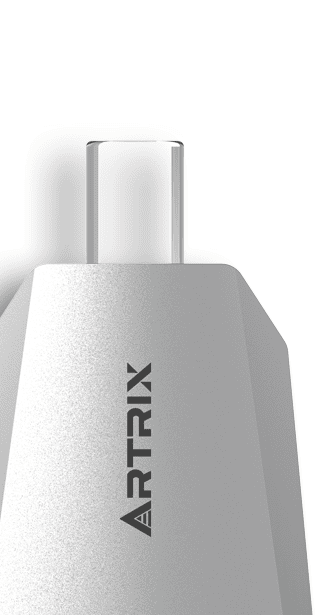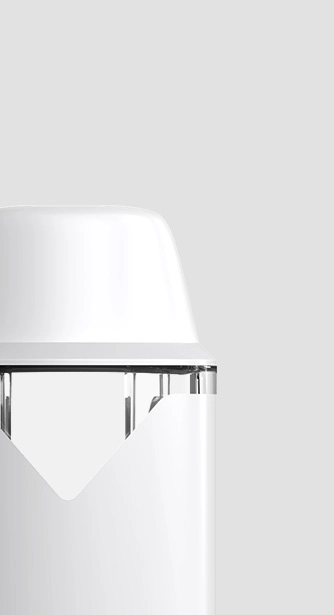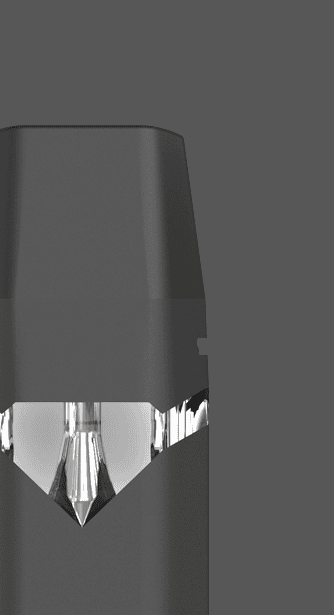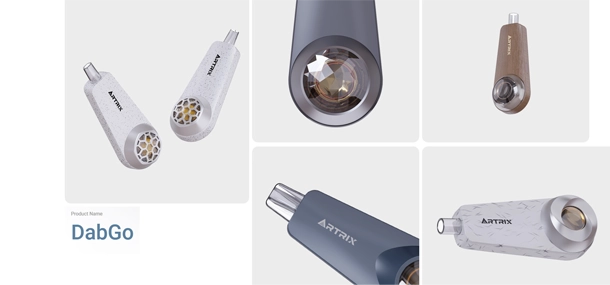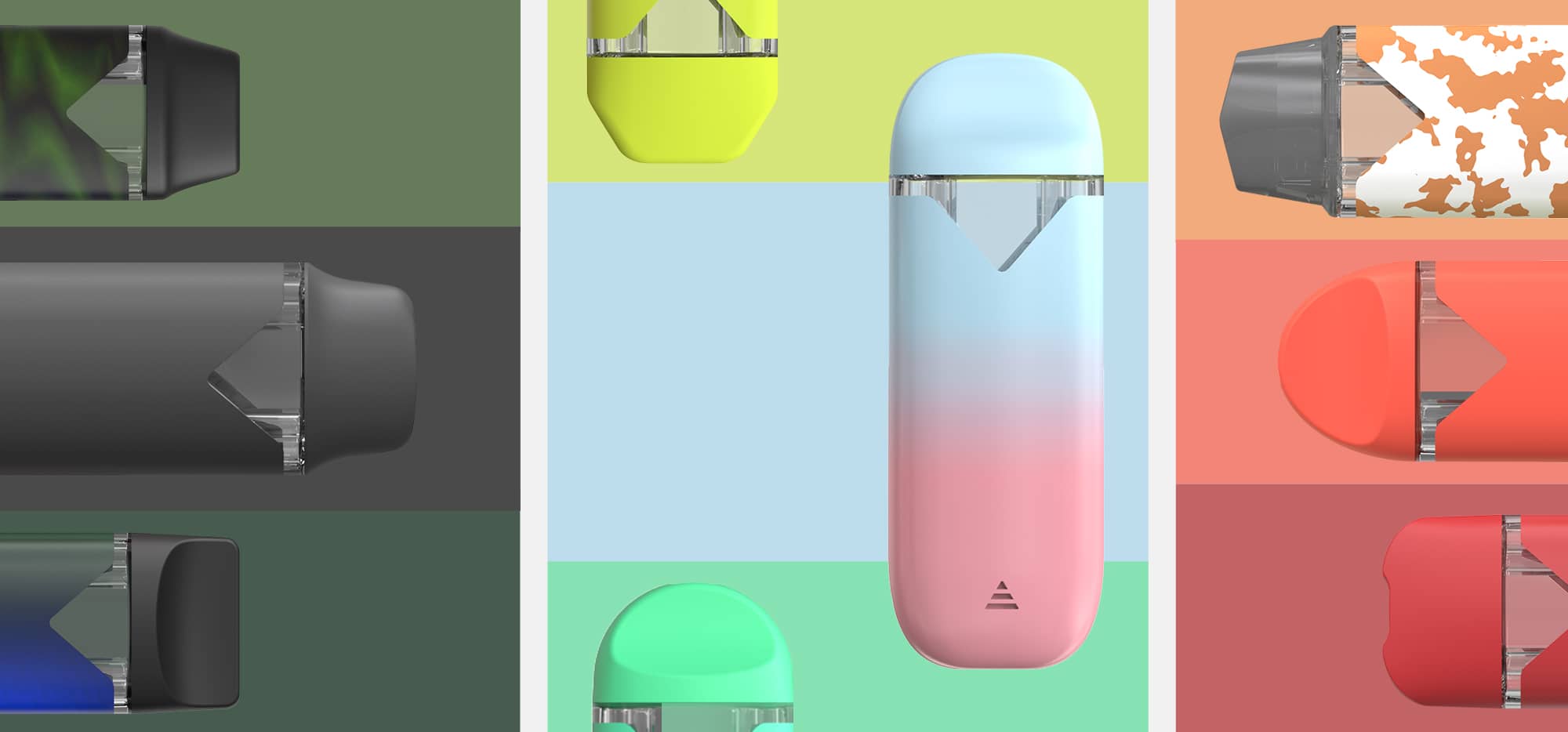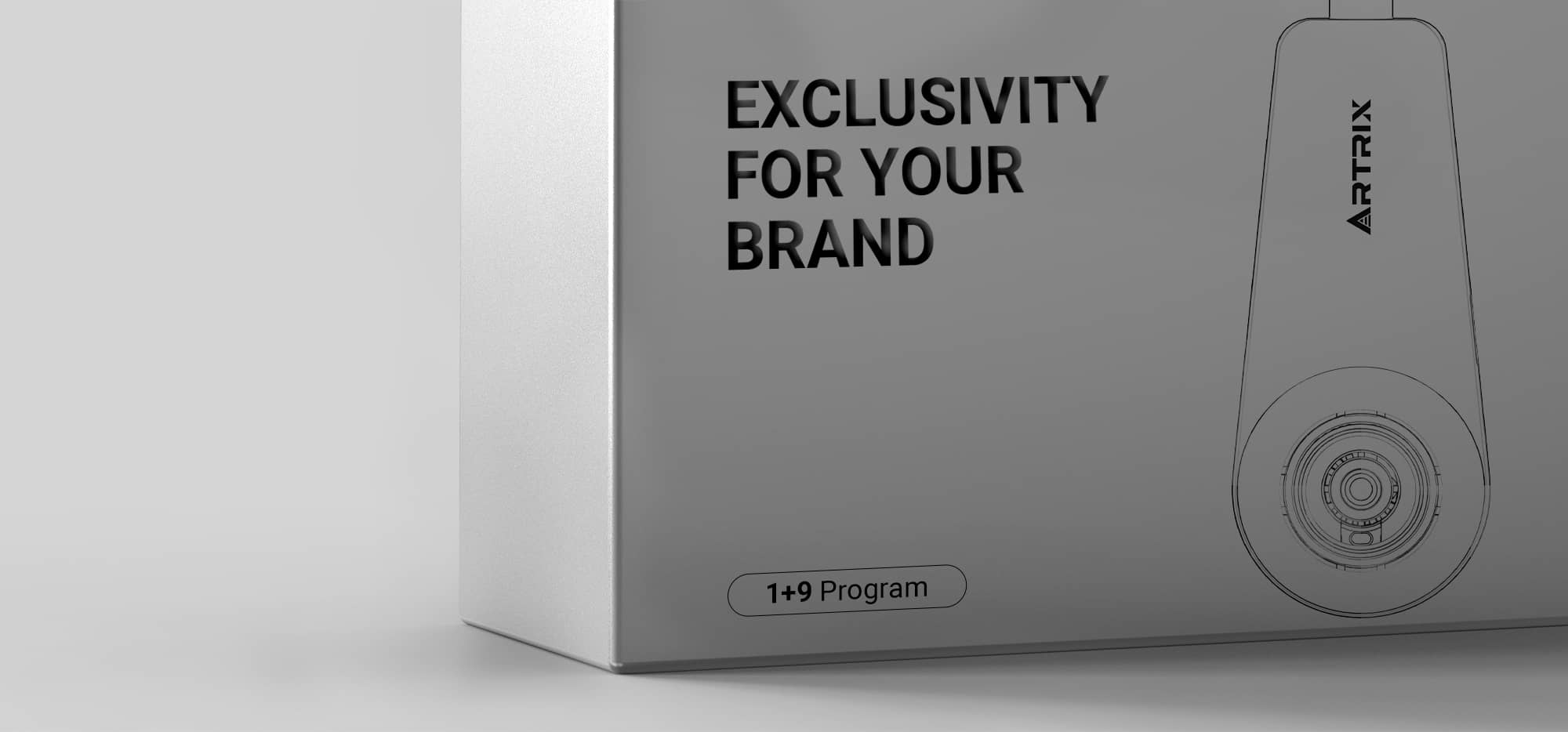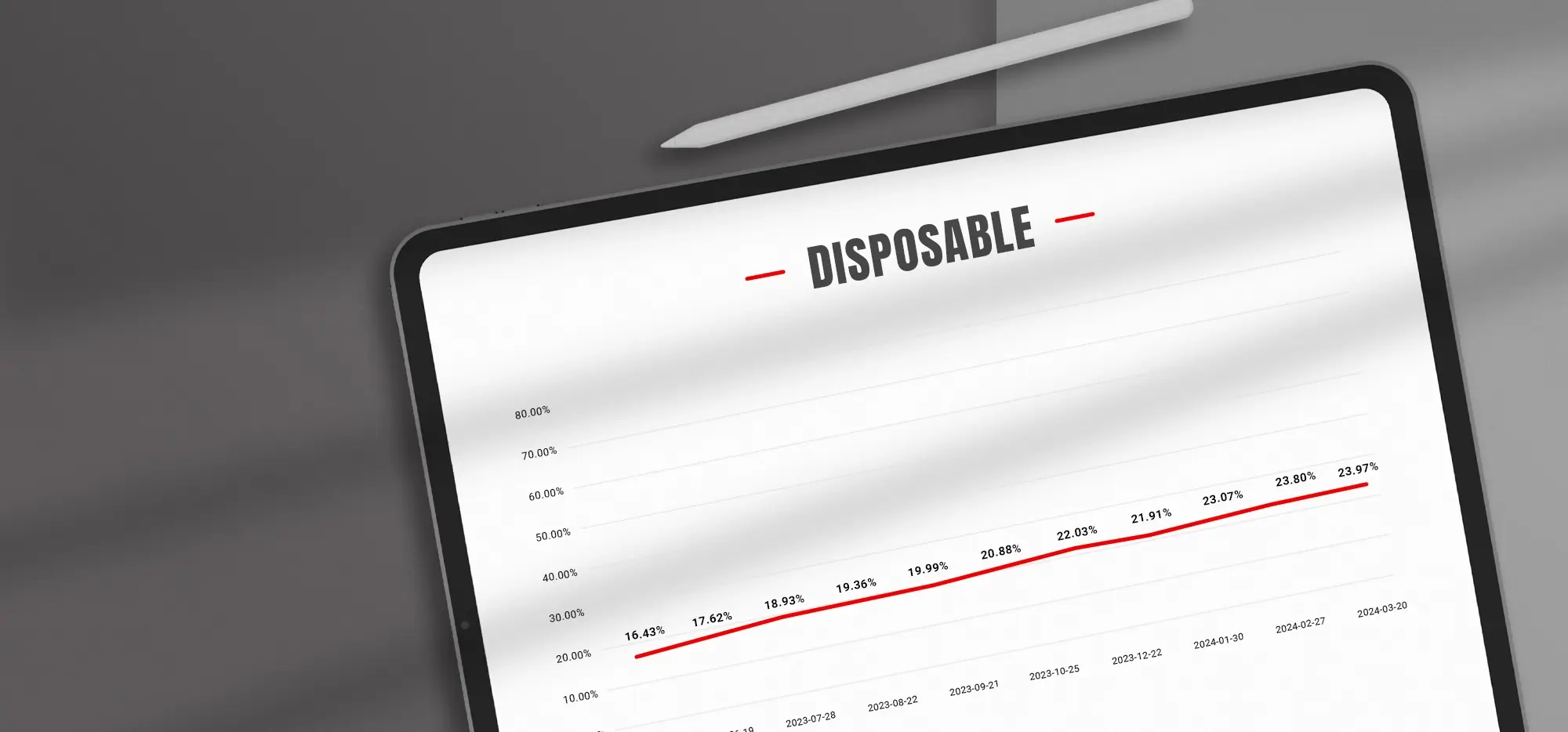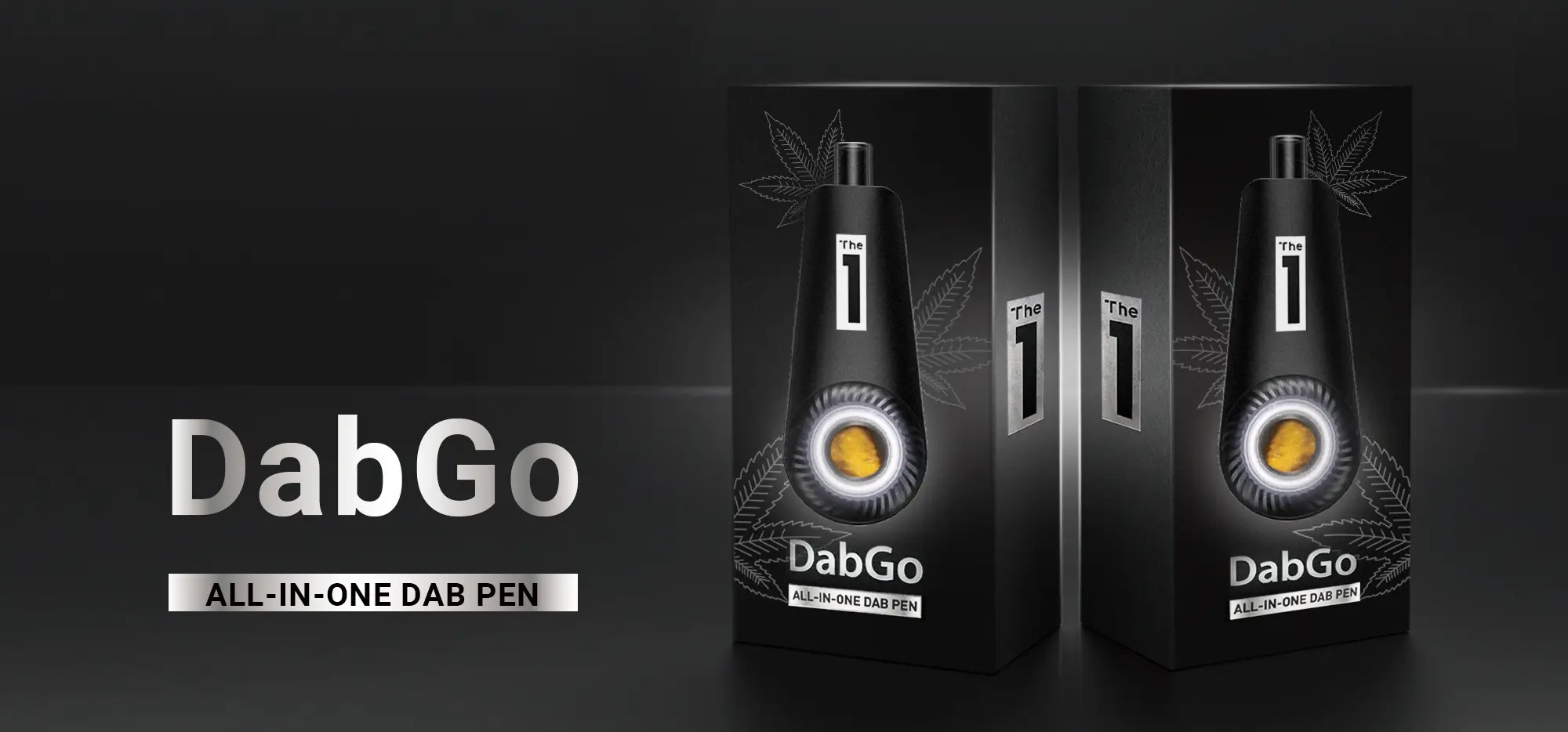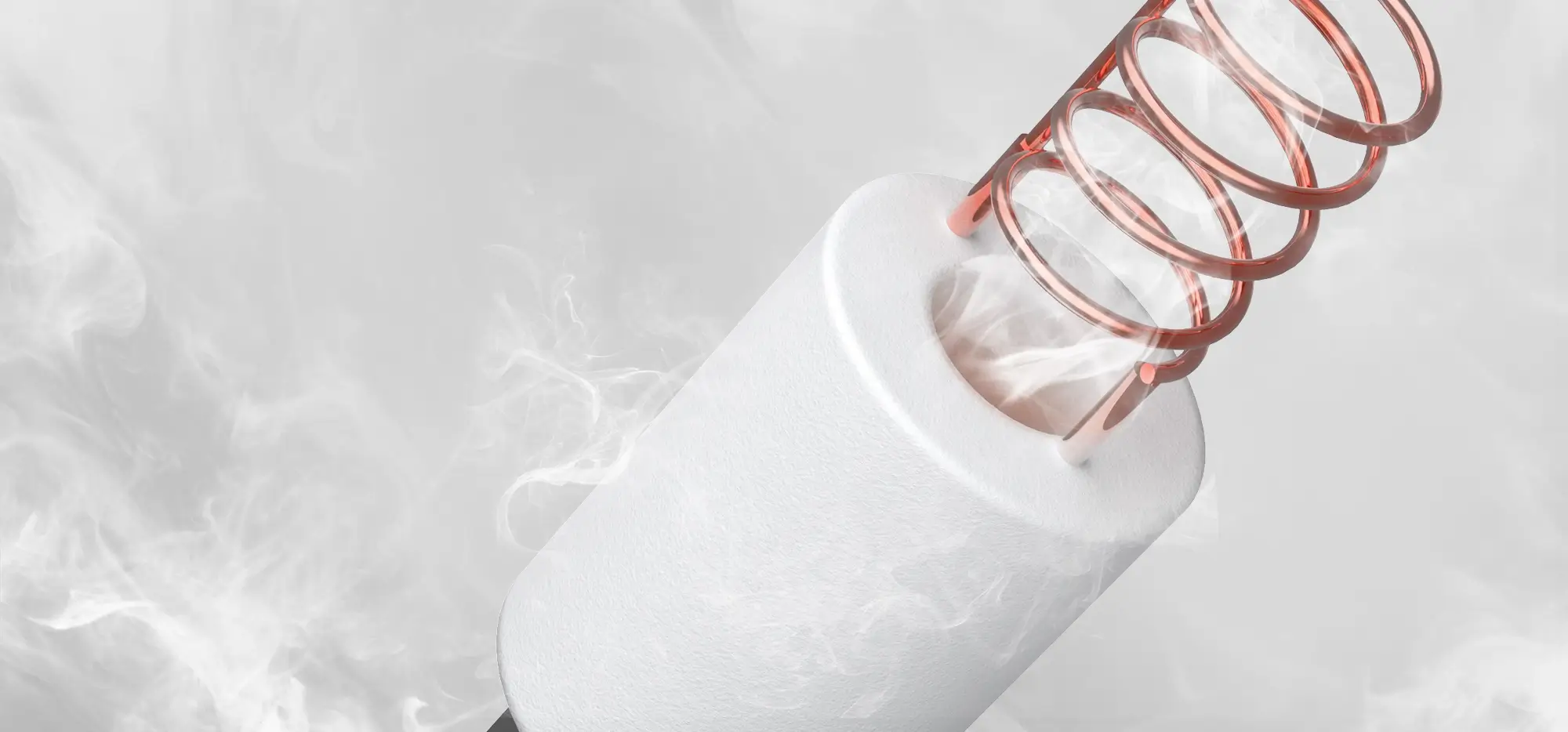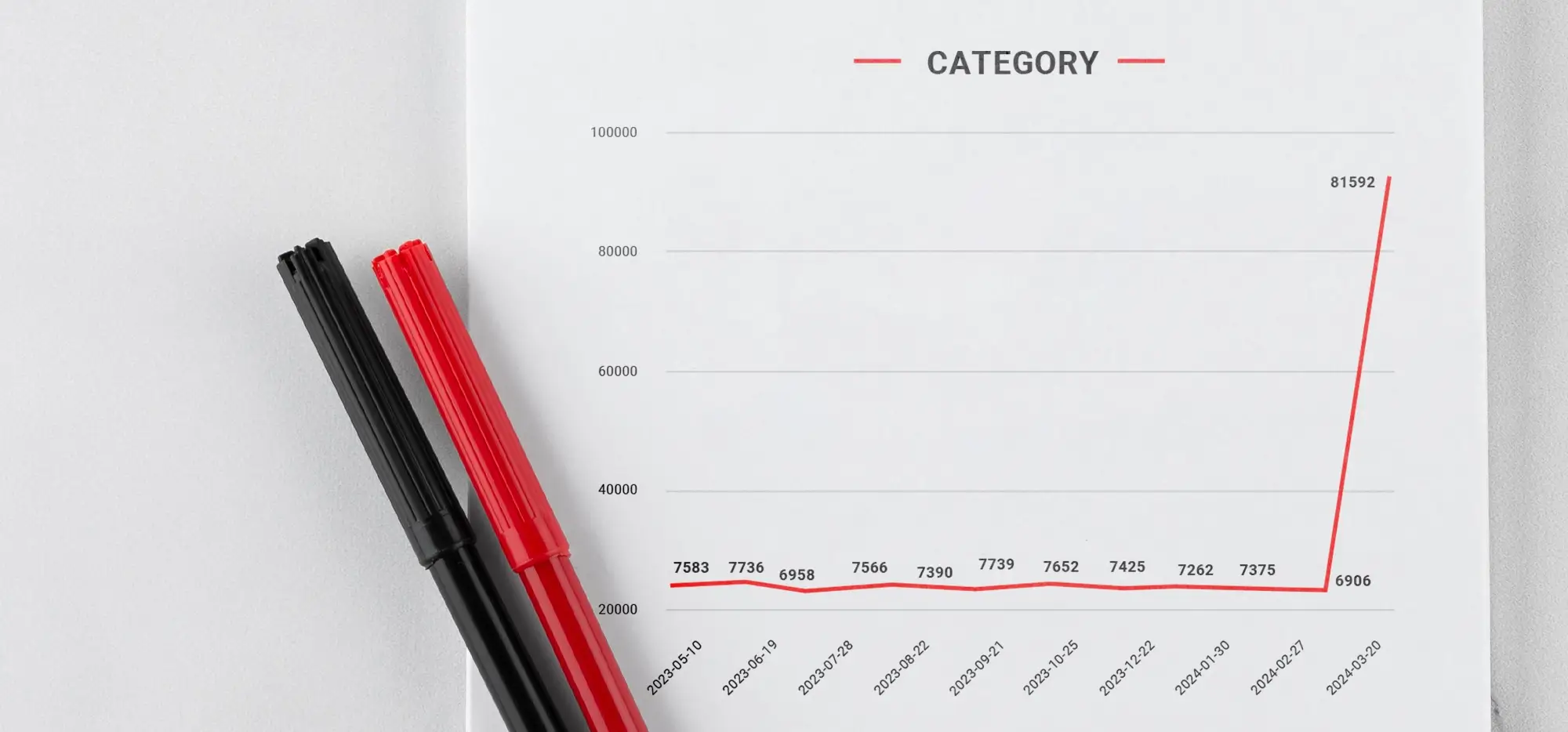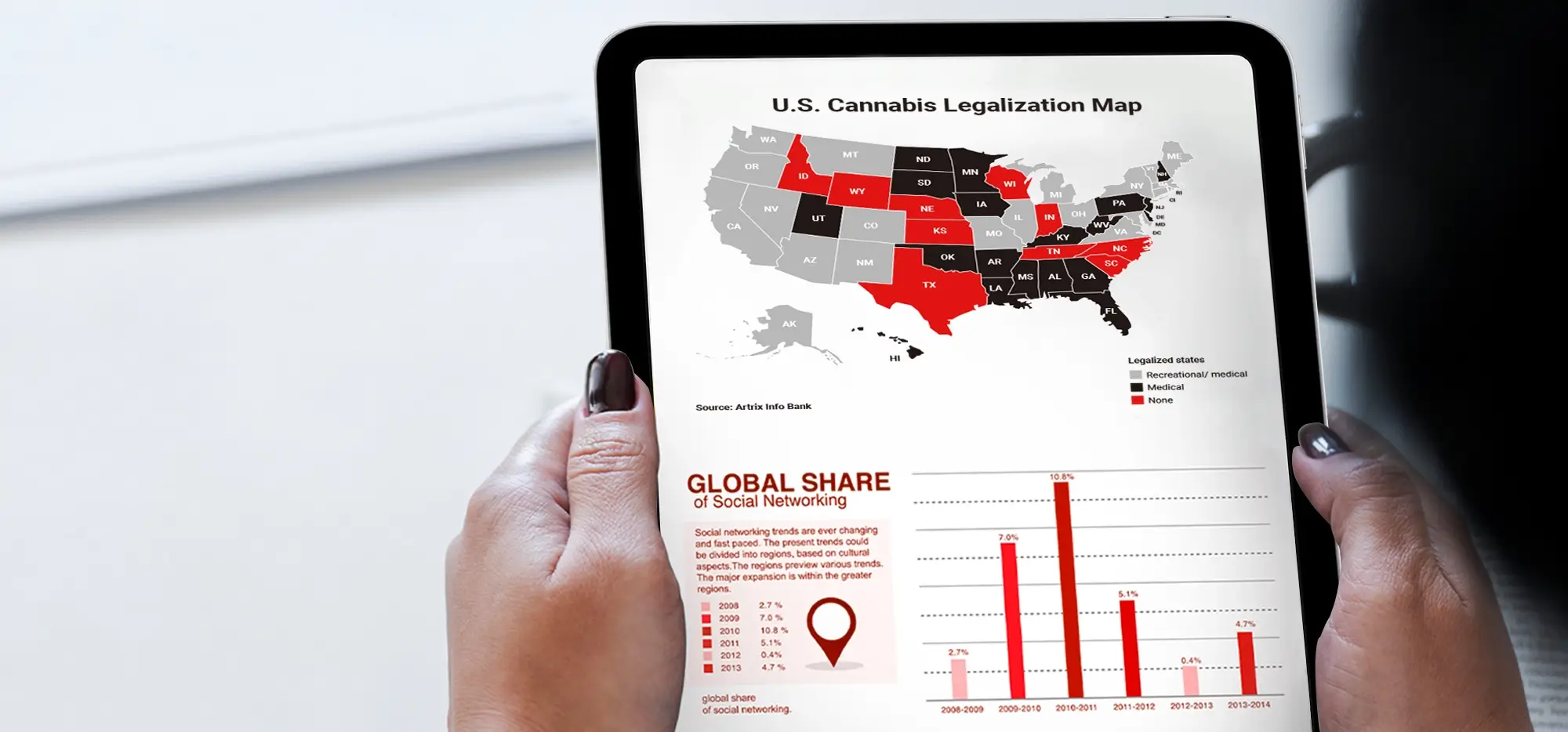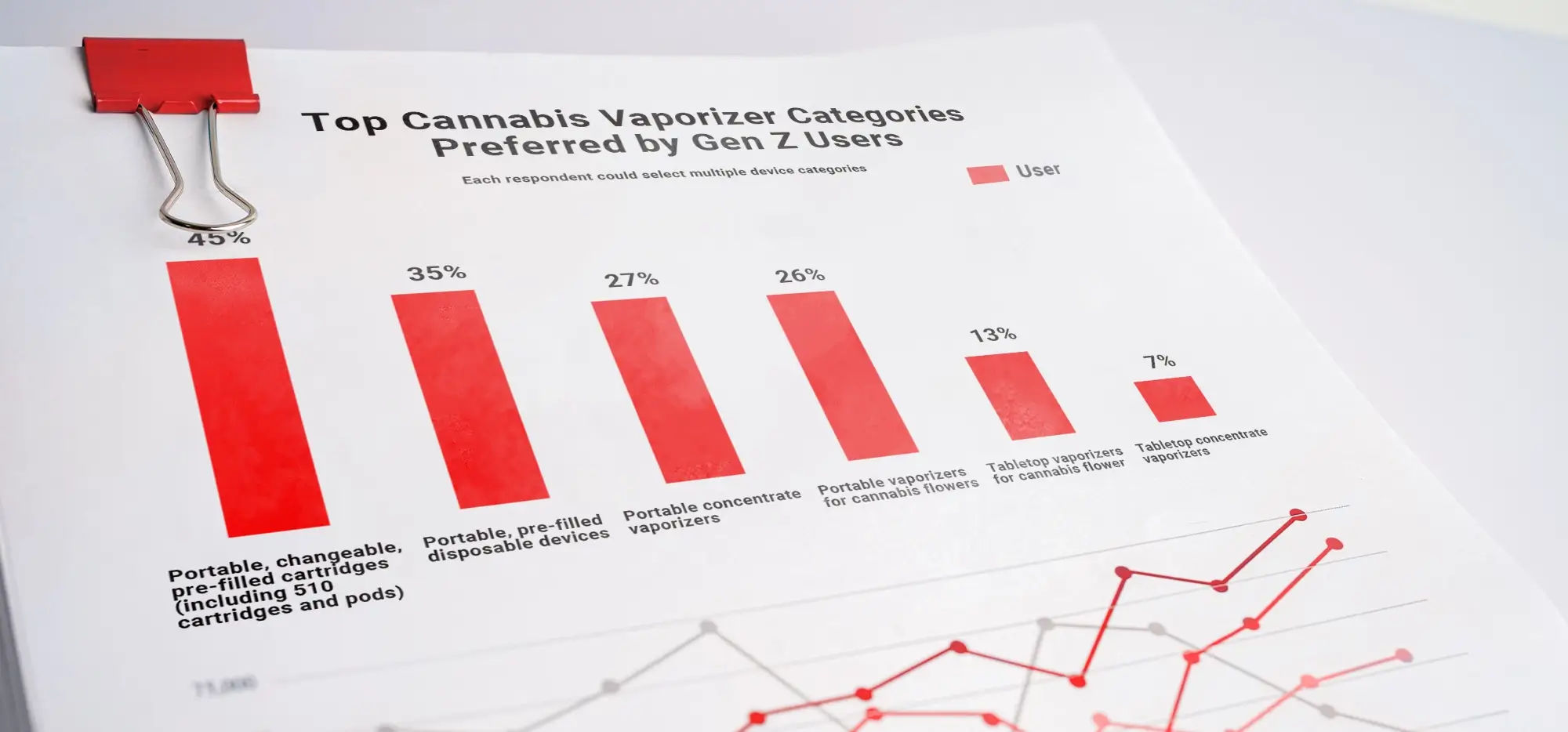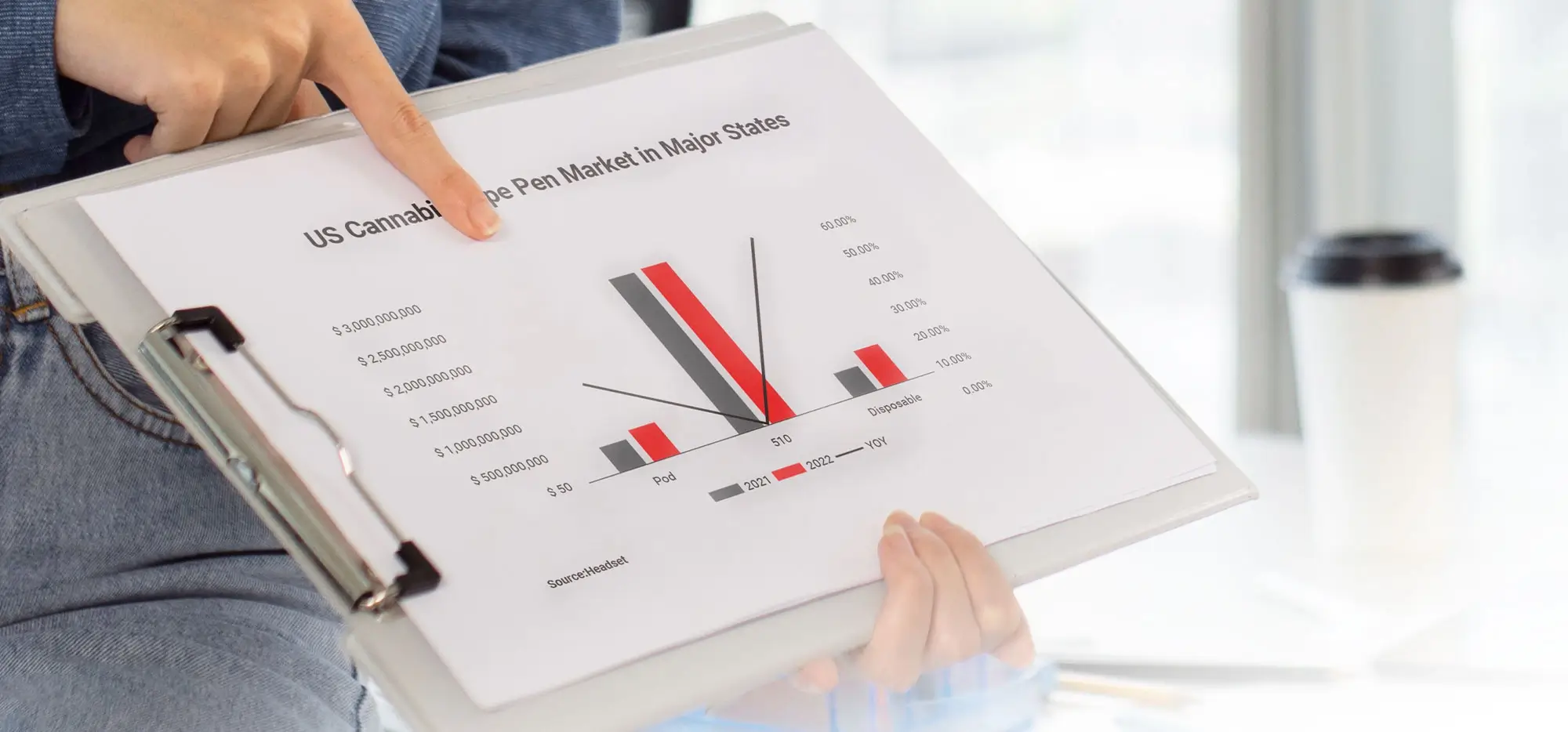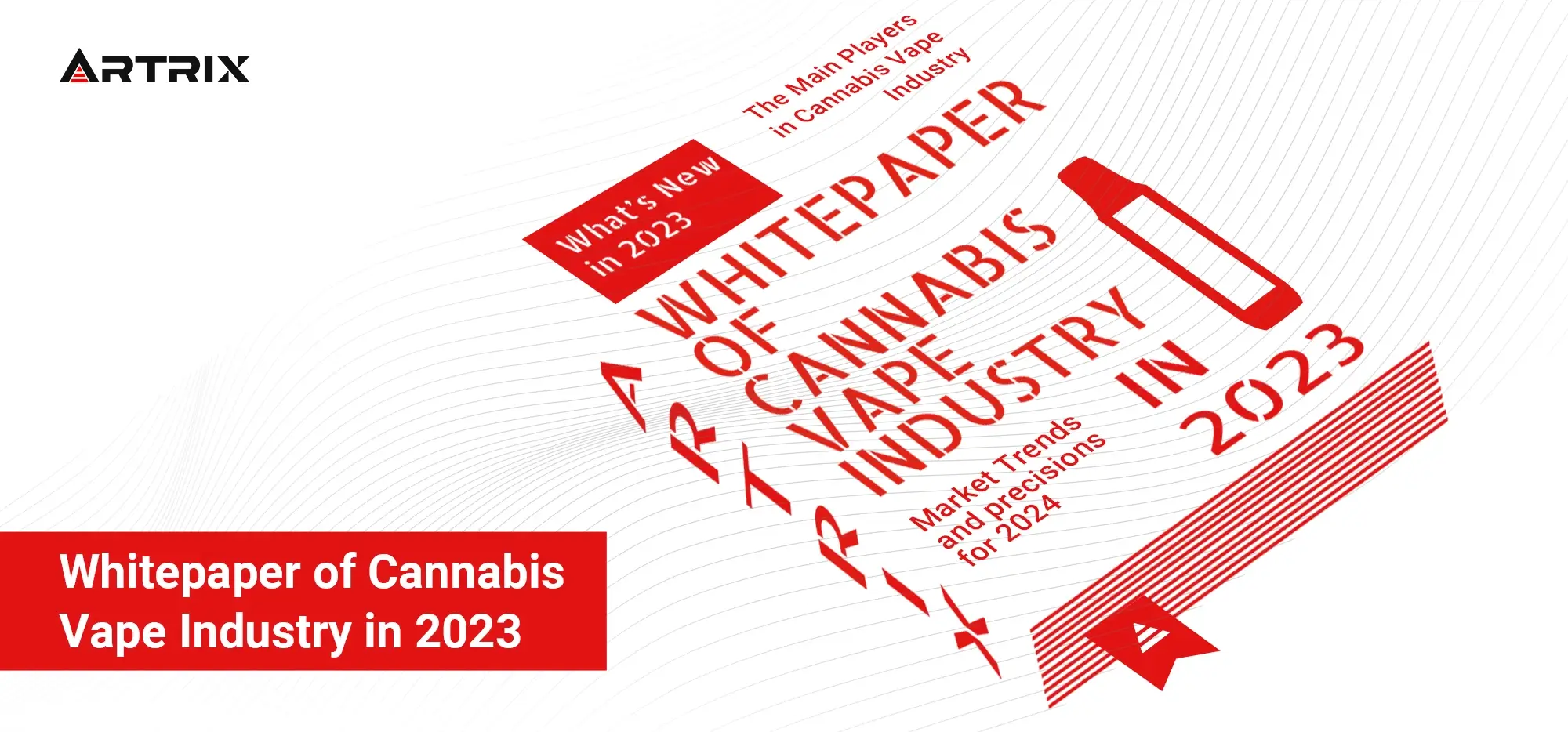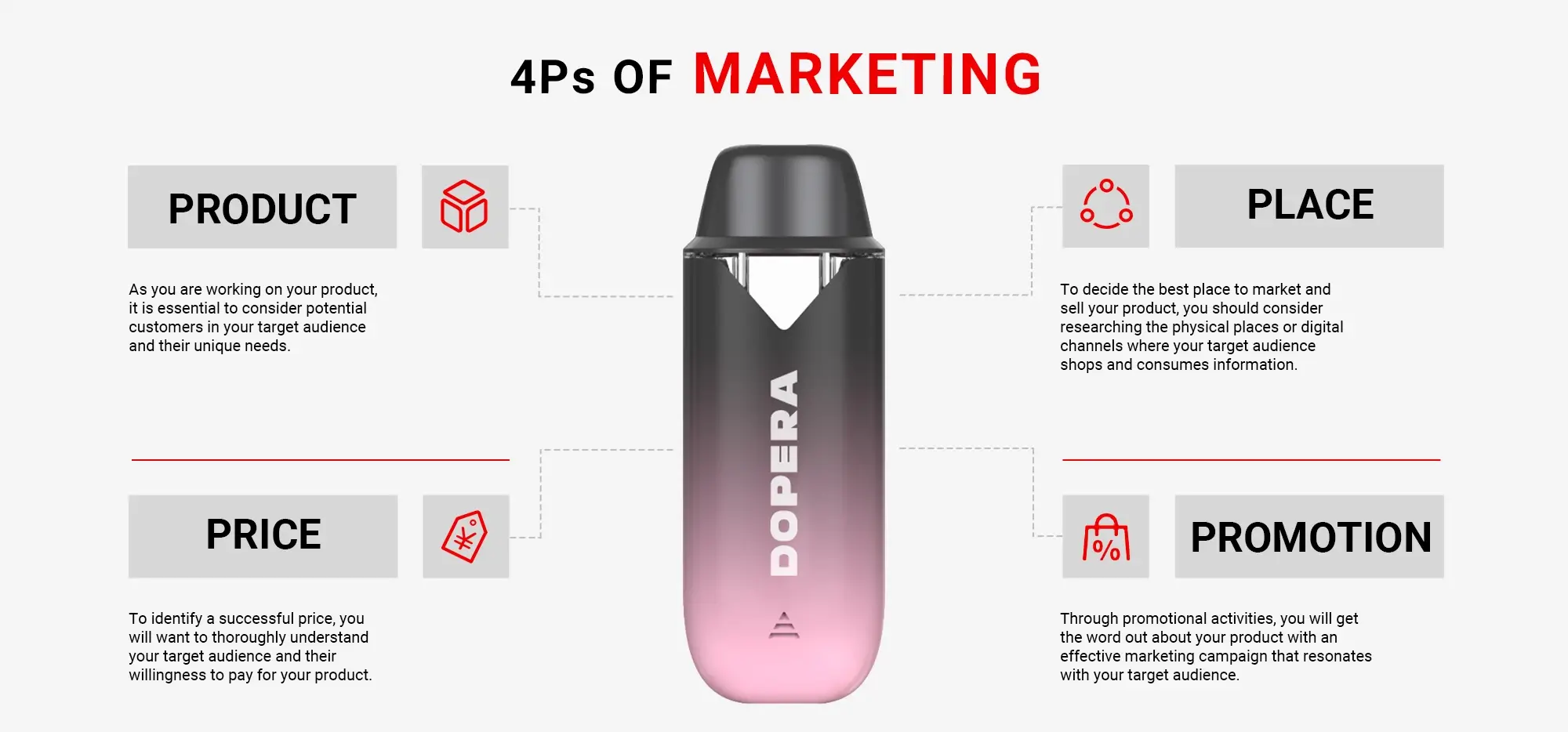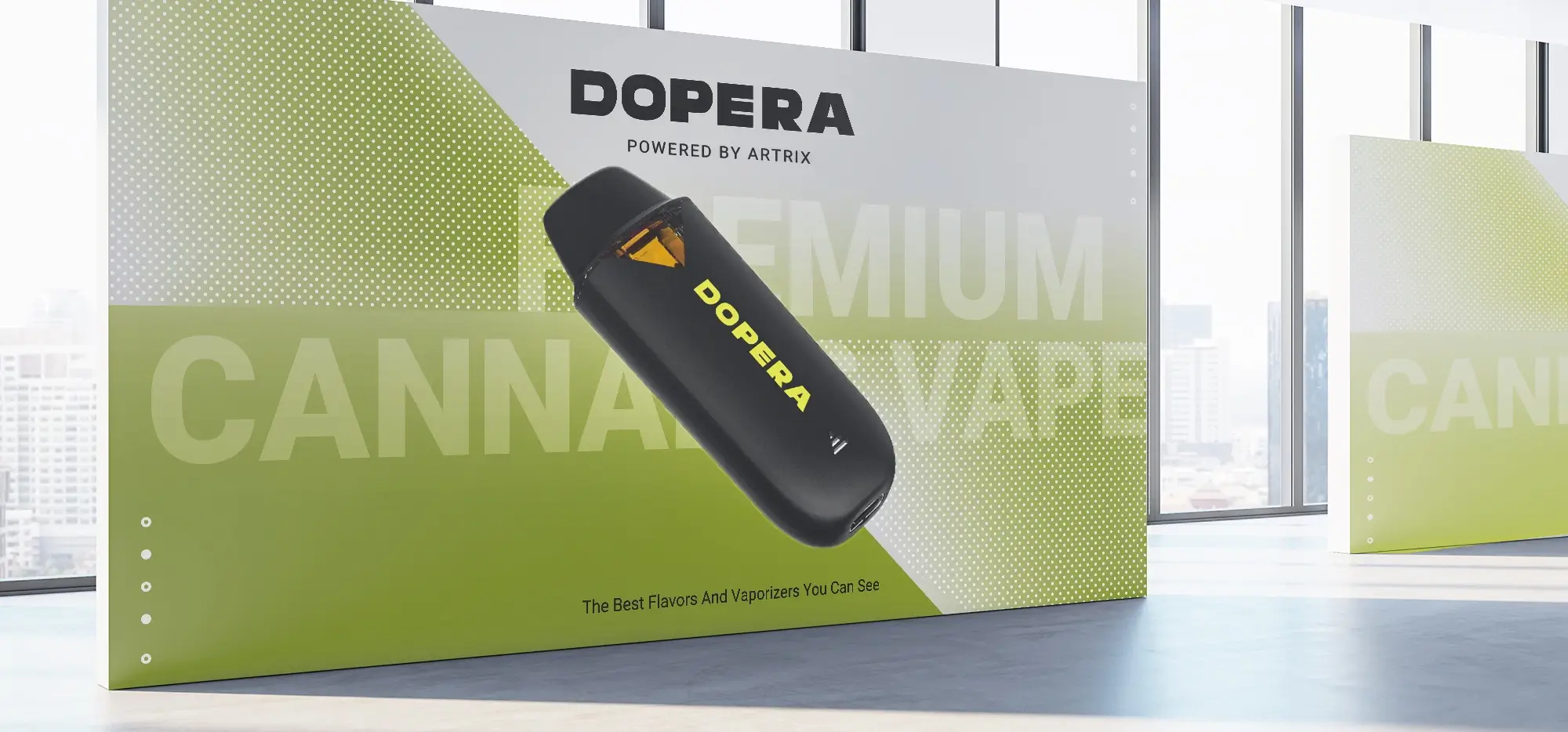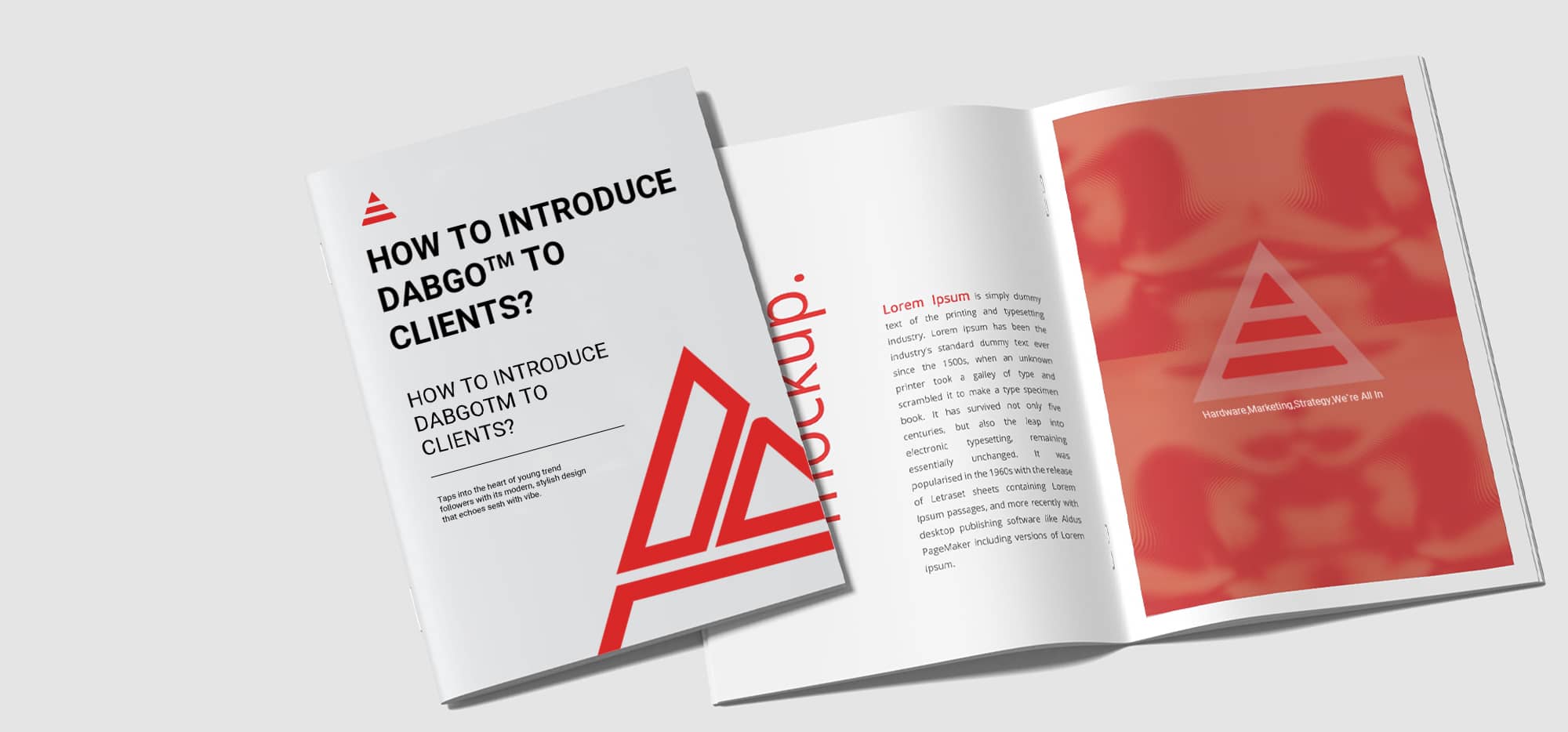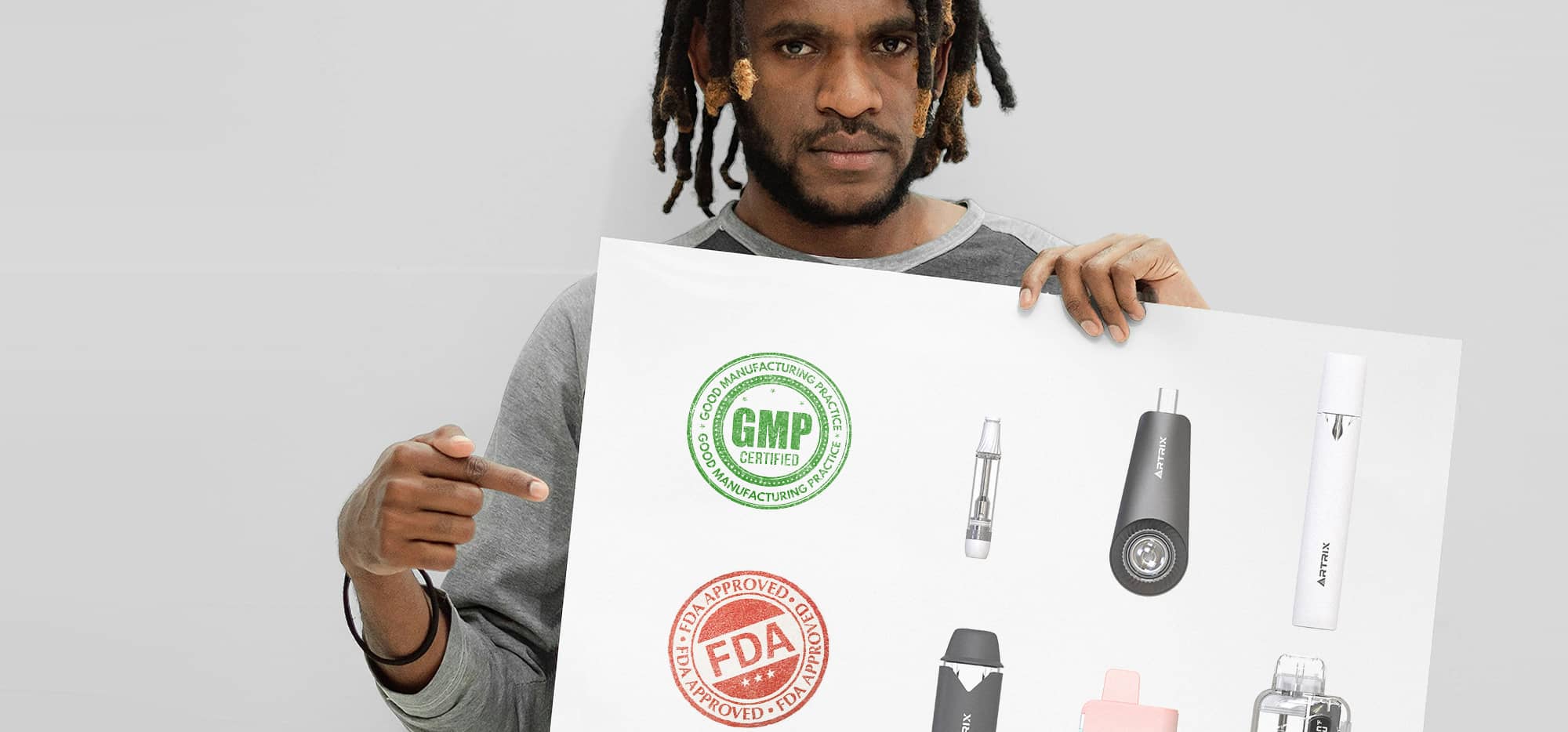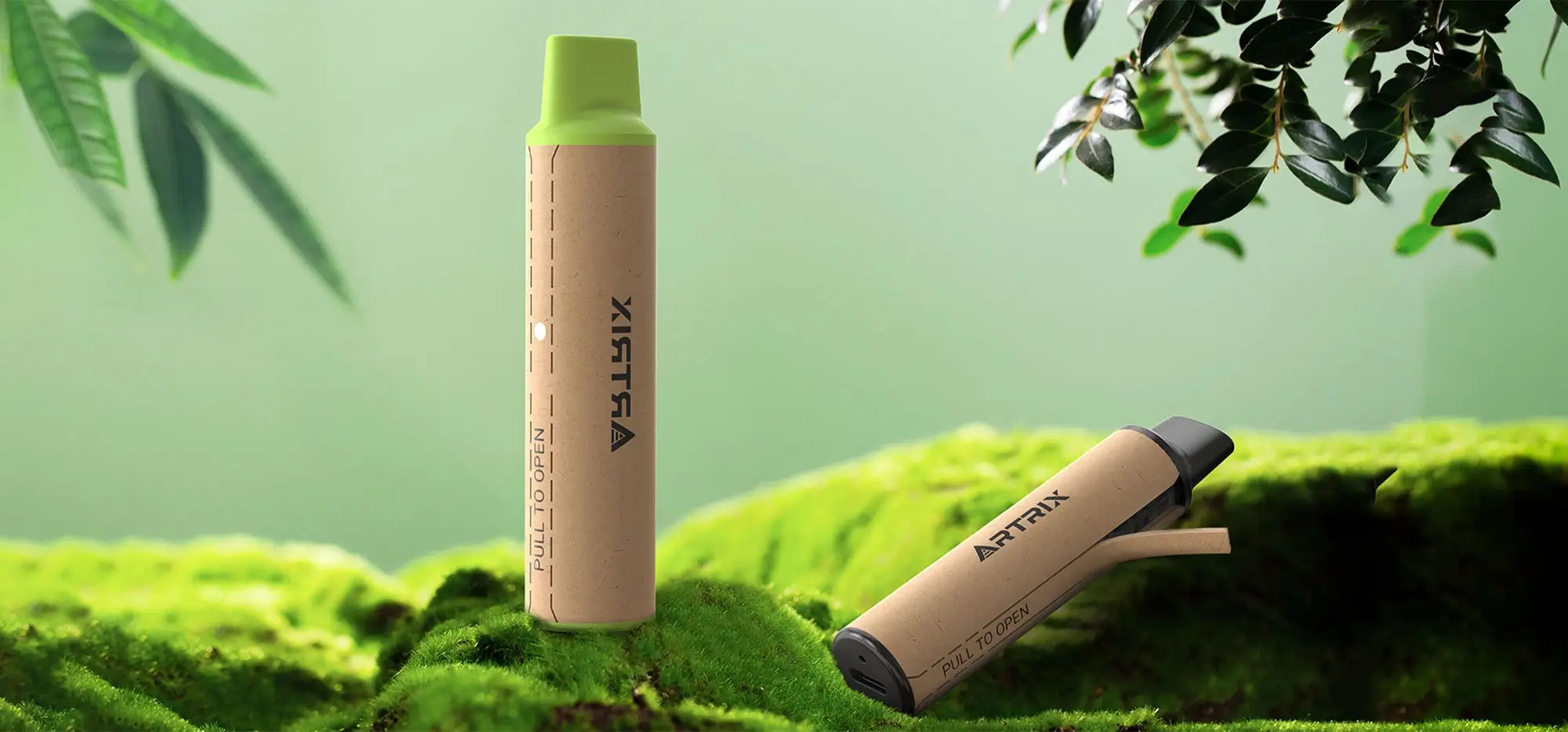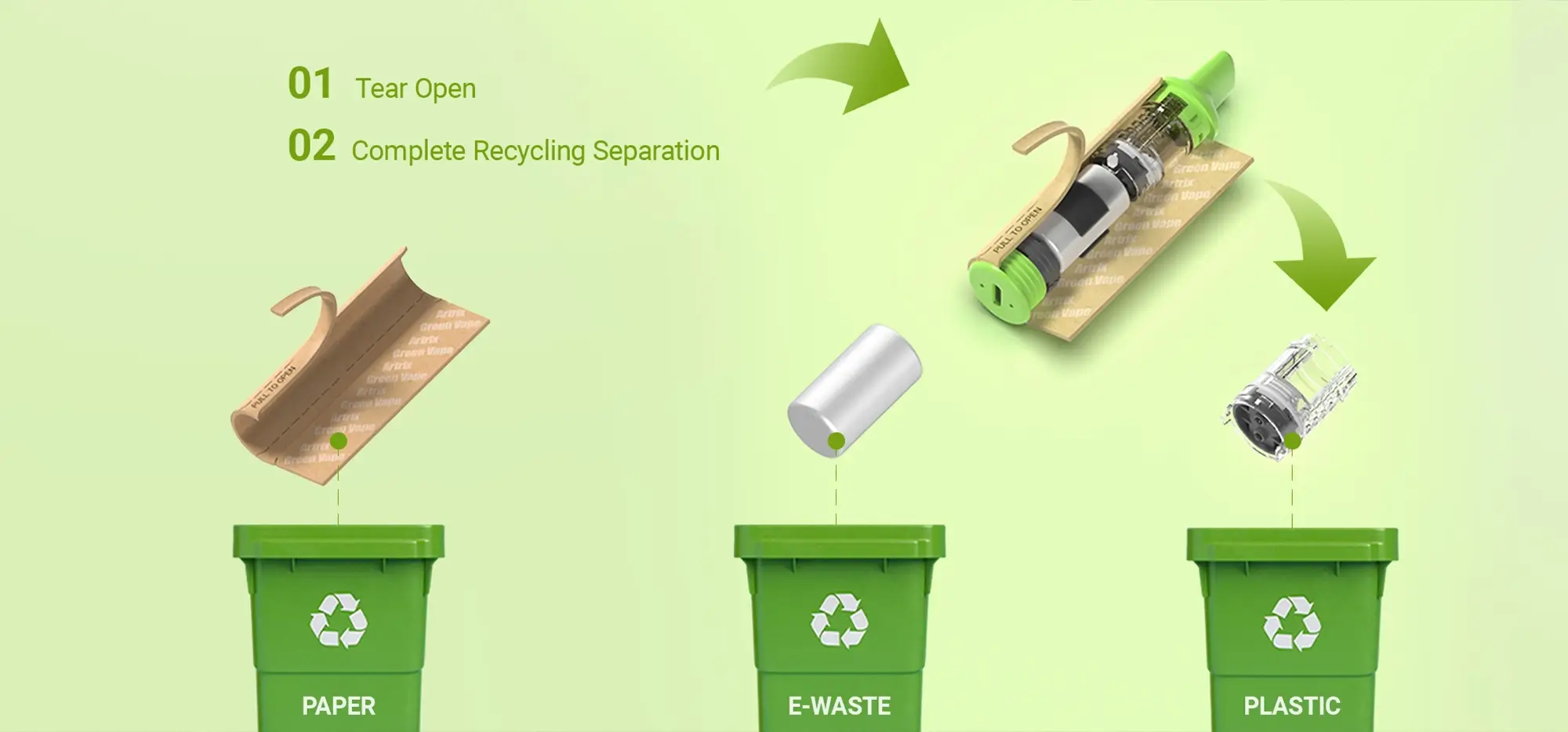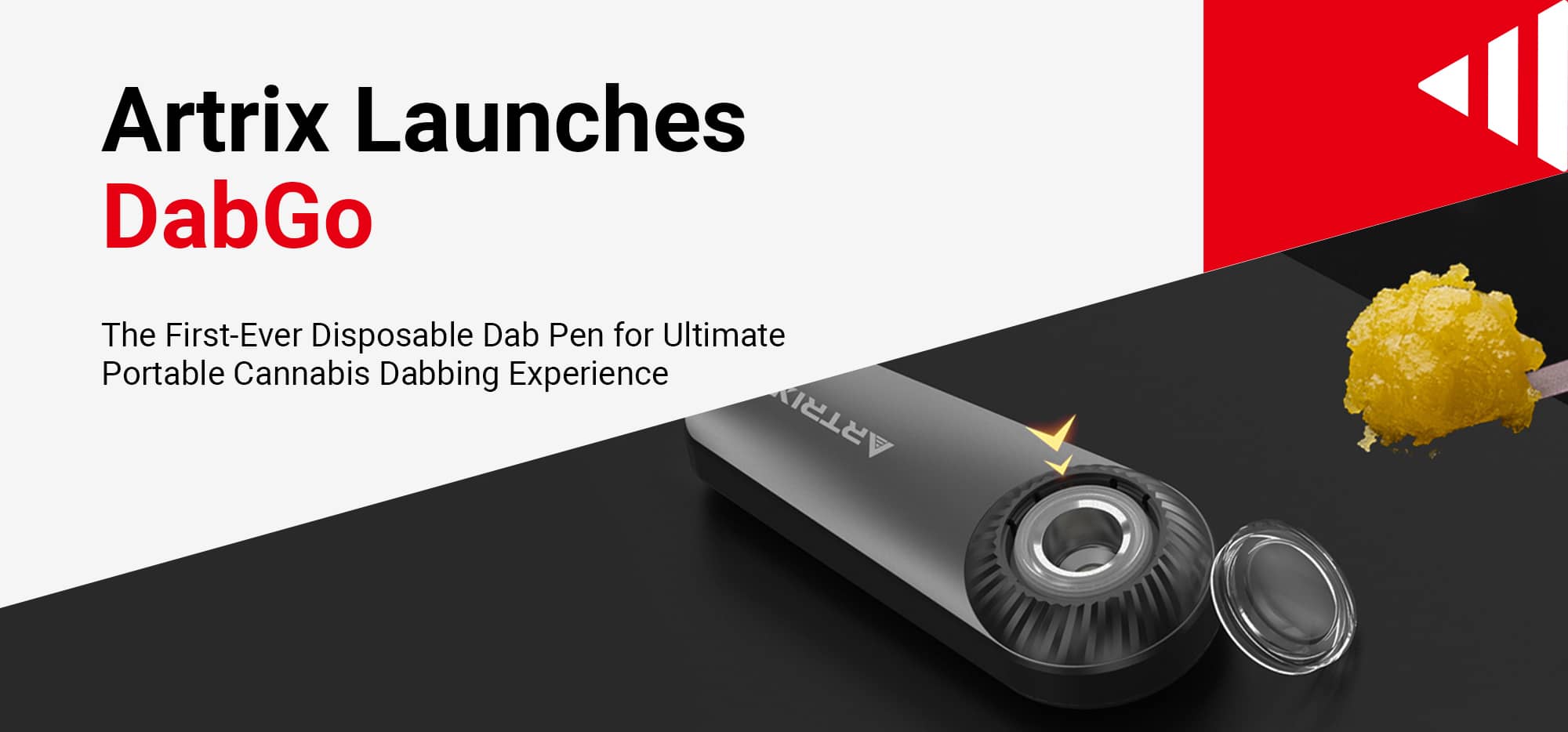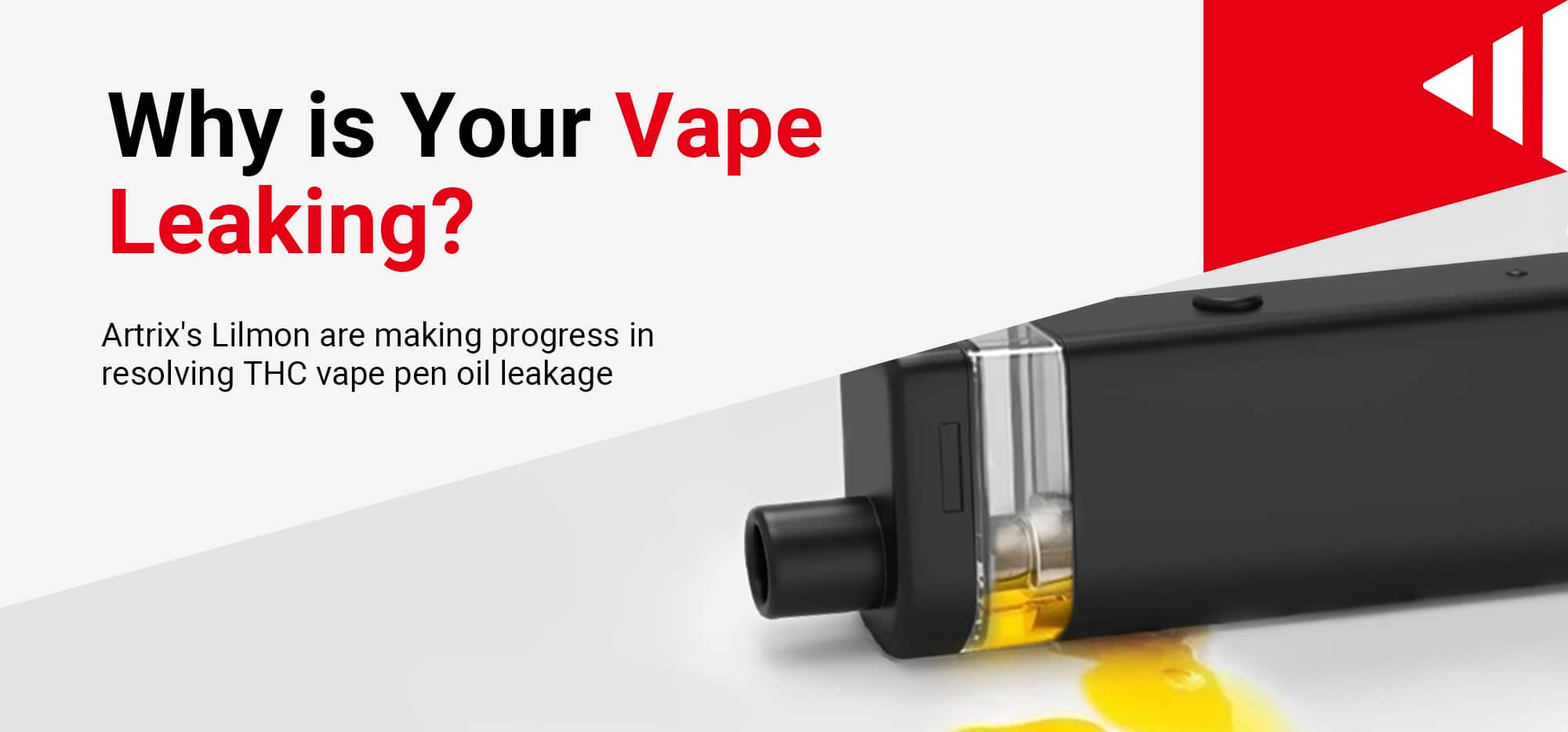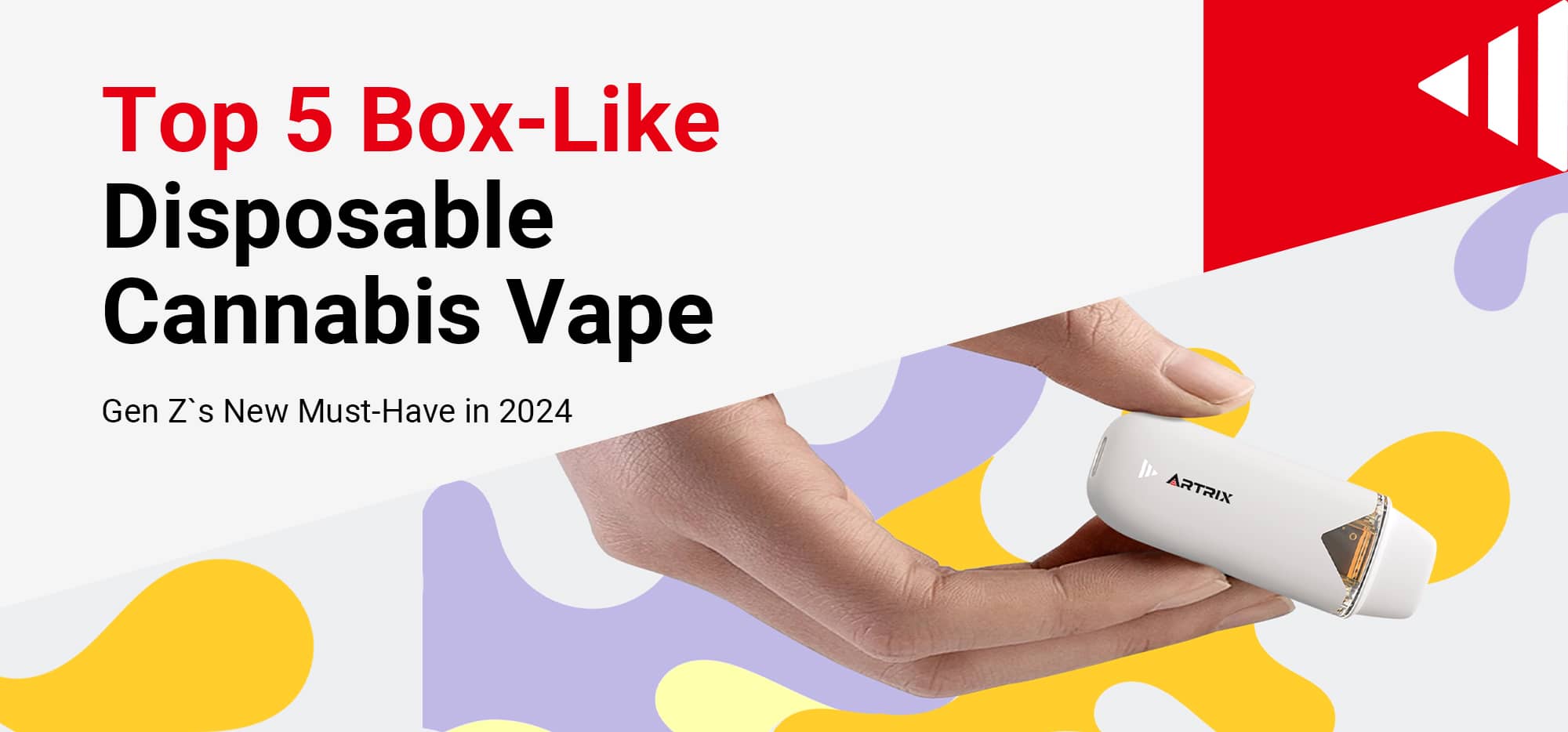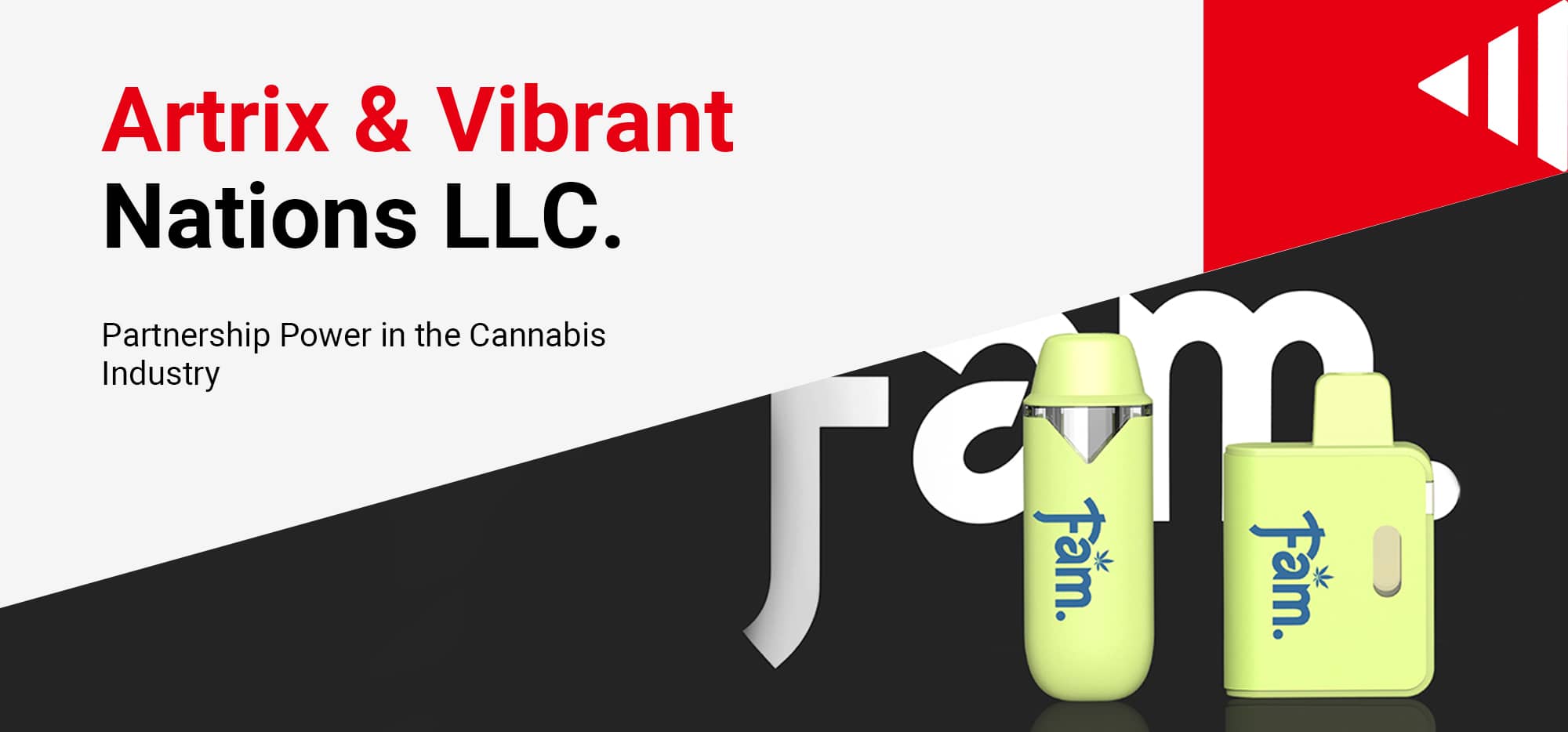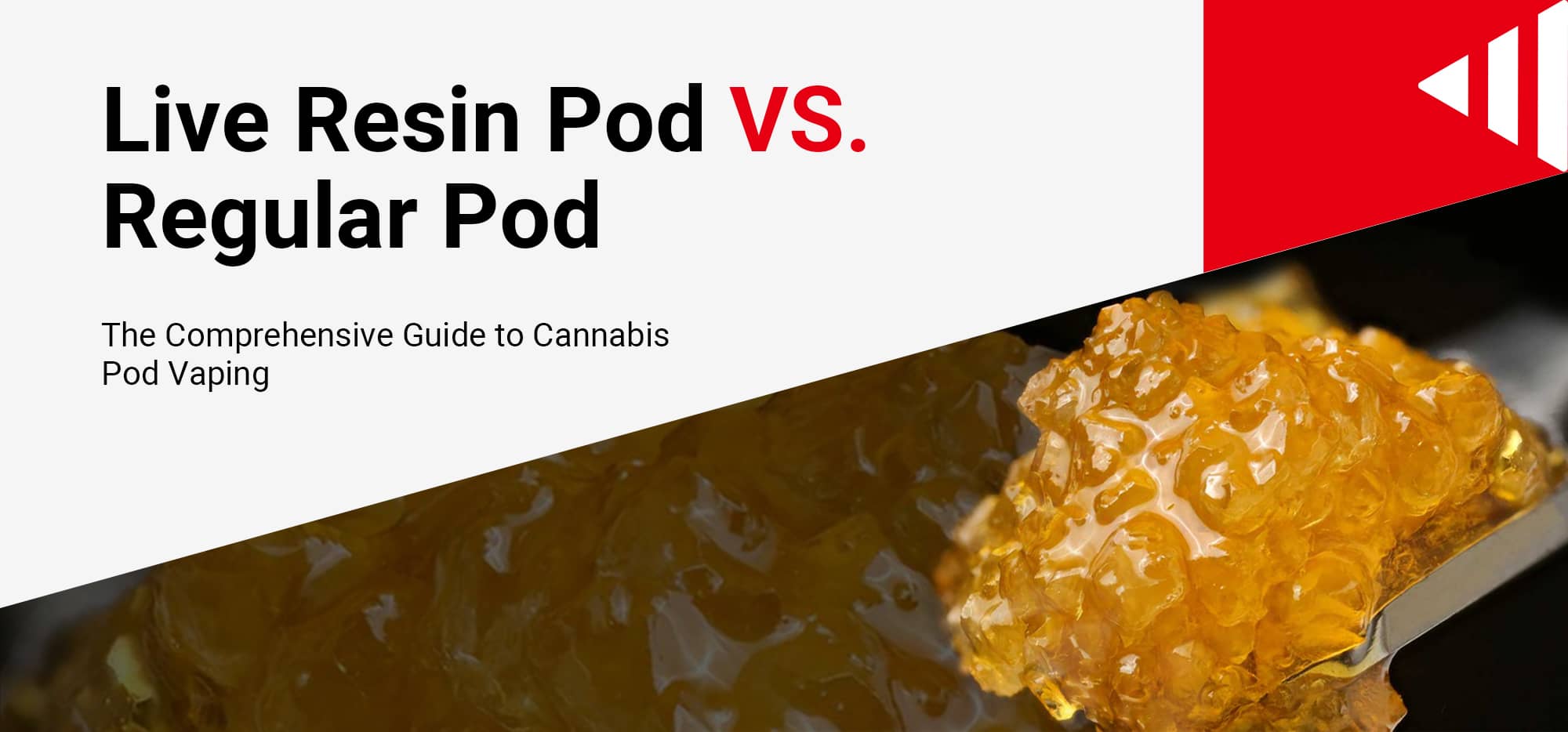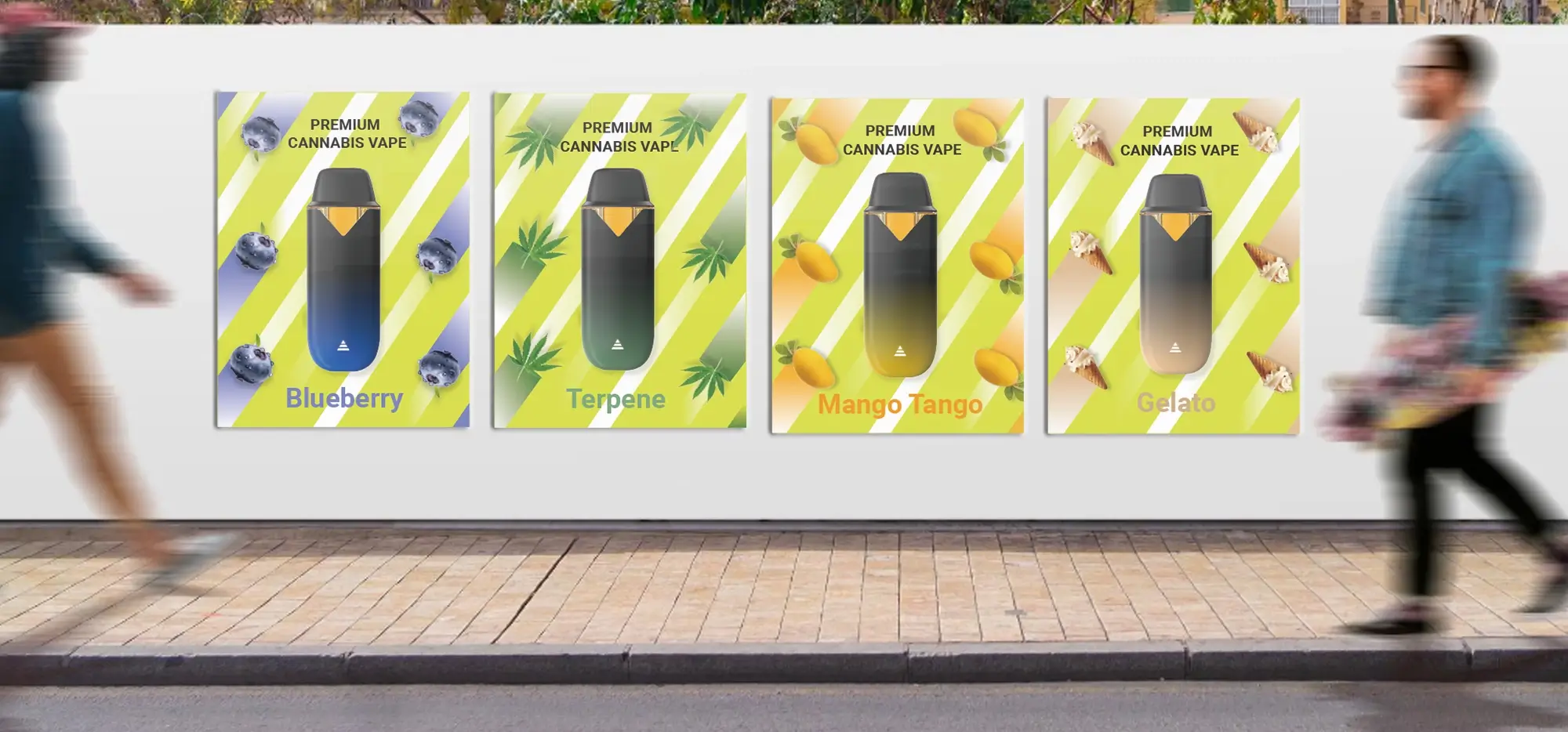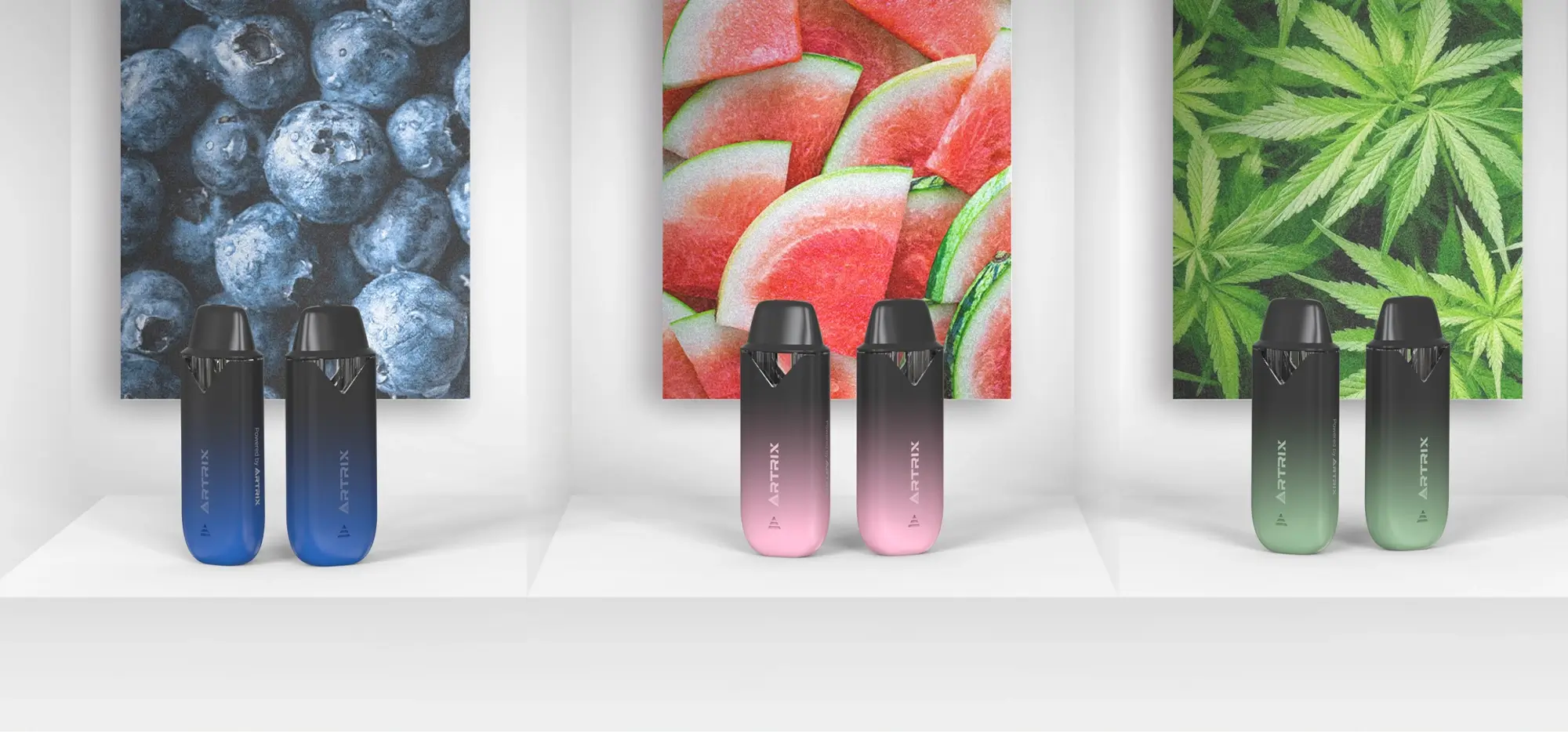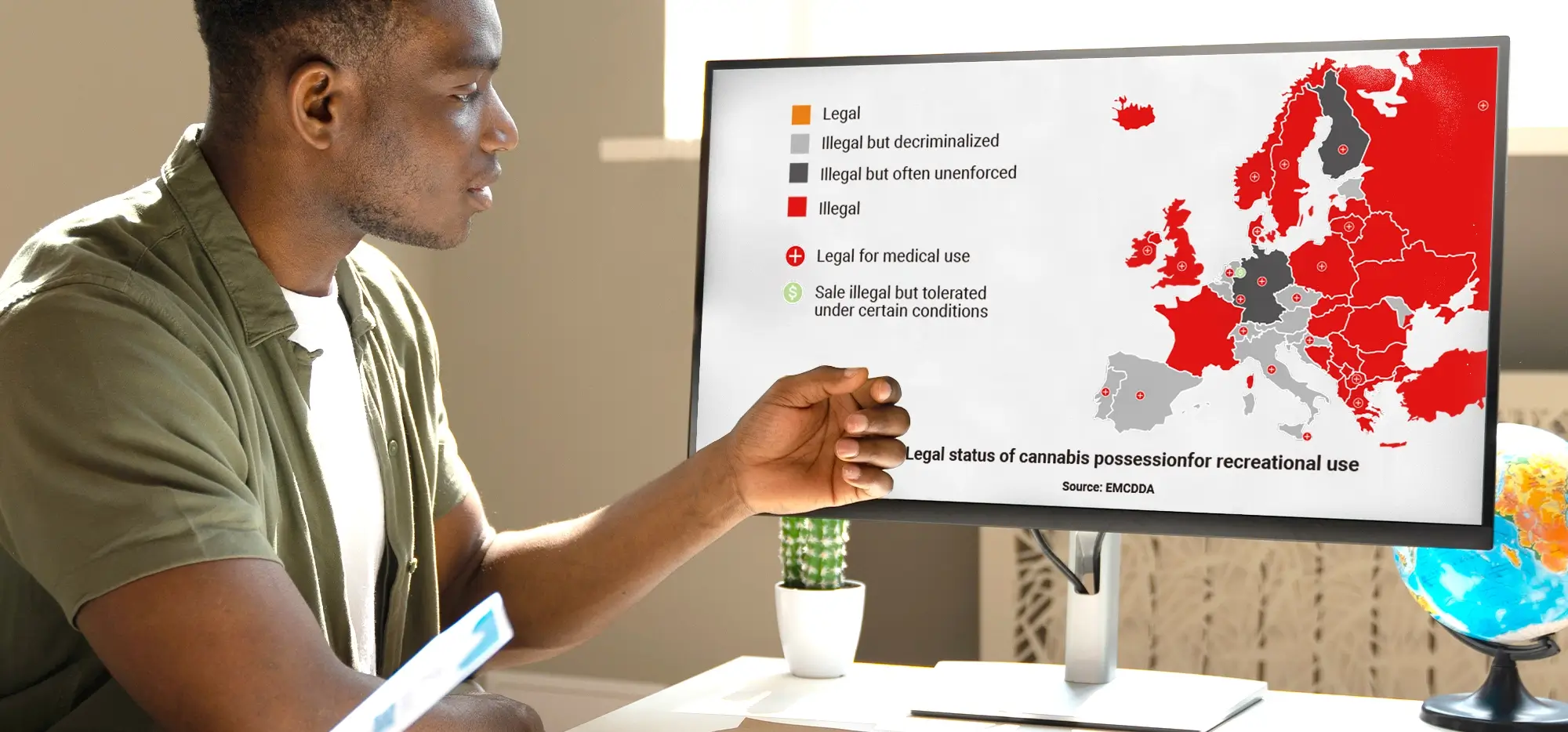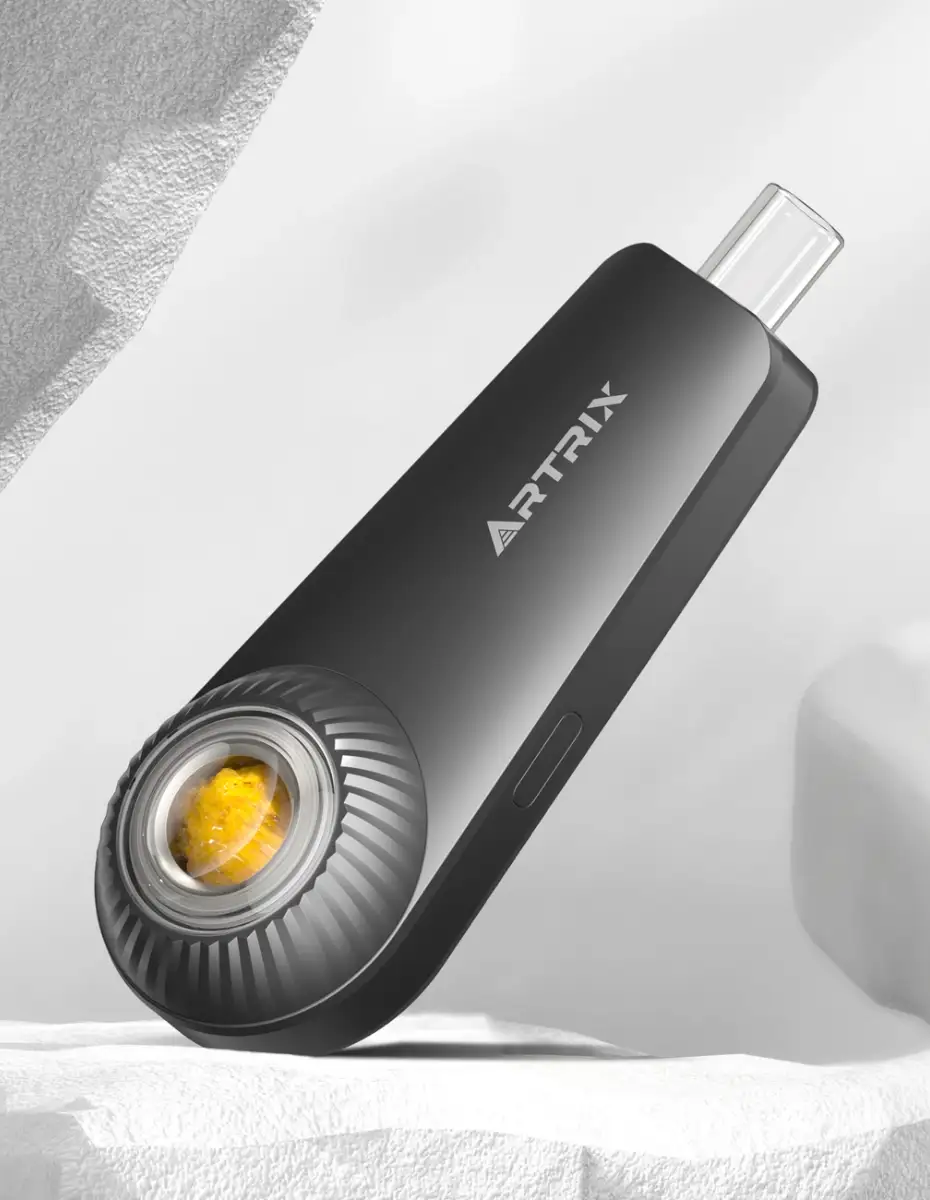How to Get Rid of Weed Hangover?
Waking up feeling foggy, sluggish, and generally “off” after a night of cannabis use? You’re experiencing what many users call a weed hangover. While not as well-studied as alcohol hangovers, these symptoms are real and can significantly impact your day. The good news is that with the right approach, you can feel better quickly and learn to prevent future occurrences.
Quick Relief: What to Do Right Now
Feeling foggy and uncomfortable? These immediate actions will help you start feeling better within 30-60 minutes.
The 3-Step Emergency Recovery Plan
When you’re dealing with a weed hangover, start with this simple protocol:
-
- – Step 1: Hydrate Immediately Drink 16-20 ounces of water right away. If you have electrolyte drinks like Gatorade or coconut water, choose those instead. Your body is likely dehydrated from cannabis use, which amplifies most hangover symptoms.
-
- – Step 2: Eat Something Substantial Don’t just grab a snack – have a proper meal. Your blood sugar is probably unstable, contributing to brain fog and fatigue. A balanced breakfast with protein, healthy fats, and complex carbs works best.
-
- – Step 3: Take a Hot Shower Spend 10-15 minutes in a hot shower or bath. The heat improves circulation, opens your airways, and provides psychological comfort that kickstarts the recovery process.
Hydration Strategy That Actually Works
Plain water helps, but strategic hydration works better:
First Hour: Drink 20 ounces of fluid immediately, then 8 ounces every 30 minutes for the next two hours. Choose drinks with electrolytes when possible – coconut water, sports drinks, or water with a pinch of sea salt and lemon.
Why Electrolytes Matter: Cannabis can affect your body’s fluid balance, and THC metabolism requires proper hydration. Electrolytes help your body actually use the water you’re drinking instead of just flushing it through your system.
Avoid These Drinks: Skip alcohol (obviously), limit caffeine to one cup of coffee maximum, and avoid sugary sodas that can cause energy crashes later.
Best Foods to Eat Right Now
Your food choices can dramatically speed up recovery:
Ideal Breakfast Options:
- – Scrambled eggs with whole grain toast and avocado
- – Oatmeal with bananas, berries, and nuts
- – Greek yogurt with granola and honey
- – Smoothie with protein powder, spinach, and fruit
Why These Work: These combinations provide steady energy release, support neurotransmitter production, and give your liver the nutrients it needs to process remaining THC metabolites.
Foods to Avoid: Skip greasy fast food, sugary cereals, or anything that gave you munchies last night. These will worsen brain fog and energy crashes.
Temperature Therapy: Hot Shower vs Cold Exposure
Both heat and cold can help, but timing matters:
- – Improves circulation and oxygen flow
- – Opens sinuses and airways
- – Relaxes tense muscles
- – Provides psychological comfort
When to Use Cold: If you’re dealing with nausea or feel overheated, try cold water on your face and wrists, or a brief cold shower to shock your system awake.
Target Your Worst Symptoms
Whether brain fog, headaches, nausea, fatigue, or dry mouth/eyes—and applying specific targeted strategies rather than generic remedies. The approach combines immediate relief techniques like hydration and medication with natural methods such as breathing exercises, ginger tea, and strategic caffeine use to address each symptom’s underlying causes.
Brain Fog and Mental Clarity Issues
Mental cloudiness is often the most frustrating hangover symptom. Here’s how to clear it:
- – Caffeine Strategy: Have one cup of coffee or green tea within the first hour of waking up, but don’t exceed 200mg of caffeine total. More will increase anxiety and dehydration.
- – Light Movement: Take a 15-20 minute walk outside. Fresh air and gentle movement increase oxygen flow to your brain and boost alertness naturally.
- – Cognitive Activation: Once you’ve hydrated and eaten, try light mental activities like reading news headlines, doing a crossword, or organizing your day. This helps “wake up” your brain.
- – Breathing Exercise: Try the 4-7-8 technique: Inhale for 4 counts, hold for 7, exhale for 8. Repeat 4 times. This increases oxygen delivery and can improve mental clarity within minutes.
Headaches and Body Aches
Cannabis can cause muscle tension and dehydration headaches:
Medication Options:
Never exceed recommended doses or mix pain relievers
Natural Alternatives:
-
- – Apply peppermint oil (diluted) to temples
-
- – Use a cold compress on forehead for 15 minutes
-
- – Gentle neck and shoulder stretches
-
- – Massage pressure points at the base of your skull
When to Worry: If you have severe headaches, visual changes, or neck stiffness, seek medical attention immediately.
Nausea and Stomach Problems
Cannabis can disrupt your digestive system, especially edibles:
Ginger Tea Recipe:
-
- – Slice fresh ginger root (1-2 inches)
-
- – Steep in hot water for 10 minutes
-
- – Add honey and lemon to taste
-
- – Sip slowly every 15-20 minutes
BRAT Diet Approach: If nausea is severe, stick to bananas, rice, applesauce, and toast until your stomach settles.
Positioning: Lie on your left side to help digestion, or sit upright to prevent acid reflux.
OTC Options: Dramamine or ginger capsules can help, but start with natural remedies first.
Fatigue and Energy Crashes
Combat tiredness without creating another crash:
Strategic Caffeine Use: One cup of coffee with breakfast, paired with protein to prevent jitters. Avoid energy drinks or multiple cups.
Energy-Boosting Foods:
-
- – Apple with almond butter
-
- – Banana with a handful of nuts
-
- – Dark chocolate (small amount)
-
- – Green tea with honey
Light Exercise: 10 minutes of gentle yoga, stretching, or walking can boost endorphins and energy naturally.
Power Nap Rules: If you must nap, limit it to 20 minutes before 3 PM to avoid disrupting tonight’s sleep.
Dry Eyes and Cotton Mouth
These symptoms are directly related to cannabis effects on your body:
For Dry Eyes:
-
- – Use preservative-free artificial tears
-
- – Apply warm, damp compresses for 5 minutes
-
- – Avoid screens for the first hour if possible
-
- – Blink deliberately and frequently
For Cotton Mouth:
-
- – Chew sugar-free gum to stimulate saliva production
-
- – Suck on ice chips or sugar-free lozenges
-
- – Rinse with alcohol-free mouthwash
-
- – Keep sipping water throughout the day
What Actually Causes Weed Hangovers
Cannabis hangovers occur when your body is still processing THC metabolites up to 24 hours after use, combined with disrupted REM sleep patterns that leave you feeling foggy and unrefreshed. The severity depends on factors like your metabolism rate, tolerance level, consumption method, and whether THC interfered with your natural sleep cycle and blood sugar balance.

The Science Behind Cannabis Hangovers
Cannabis hangovers aren’t just “in your head” – there are real physiological causes:
-
- – THC Metabolism: Your liver is still processing THC metabolites, which can affect energy and cognitive function for up to 24 hours after use.
-
- – Sleep Disruption: While cannabis might help you fall asleep, it can disrupt REM sleep patterns, leaving you feeling unrefreshed even after a full night’s rest.
-
- – Dehydration Effects: THC can affect hormones that regulate fluid balance, leading to dehydration that amplifies other symptoms.
-
- – Blood Sugar Fluctuations: Late-night munchies followed by a crash can leave your blood sugar unstable the next morning.
Why Some People Get Them and Others Don’t
Several factors determine your hangover susceptibility:
-
- – Tolerance Level: Regular users often experience fewer hangovers because their bodies are adapted to processing THC more efficiently.
-
- – Metabolism Rate: People with faster metabolisms typically clear THC more quickly, reducing hangover duration and intensity.
-
- – Body Composition: THC is fat-soluble, so body fat percentage and distribution can affect how long it stays in your system.
-
- – Genetics: Some people naturally produce more of the enzymes that break down THC, leading to faster recovery.
-
- – Overall Health: Good hydration habits, regular exercise, and proper nutrition all reduce hangover likelihood.
Edibles vs Smoking: Why Method Matters
Your consumption method significantly impacts hangover risk:
Edibles Create Stronger Hangovers Because:
Edibles produce 11-hydroxy-THC, a more potent metabolite that creates effects lasting 6-8 hours compared to 2-3 hours for smoking, making it easier to overconsume due to delayed onset. This extended duration often leads to late-evening consumption that interferes with sleep quality.
Smoking/Vaping:
The faster onset and offset of weed vaping reduce hangover risk while allowing for better real-time dosage control. When timed properly, these methods are less likely to interfere with sleep patterns compared to edibles.
Concentrates and Dabs:
Dab pens carry very high THC content that increases hangover risk despite their shorter duration but intense effects. The potency makes them more likely to cause tolerance issues over time.
Conclusion
With the right combination of hydration, nutrition, and targeted symptom relief, most weed hangovers can be significantly improved within a few hours. By understanding how different consumption methods affect your body and implementing preventive strategies, you can minimize future hangovers and maintain better control over your cannabis experience.
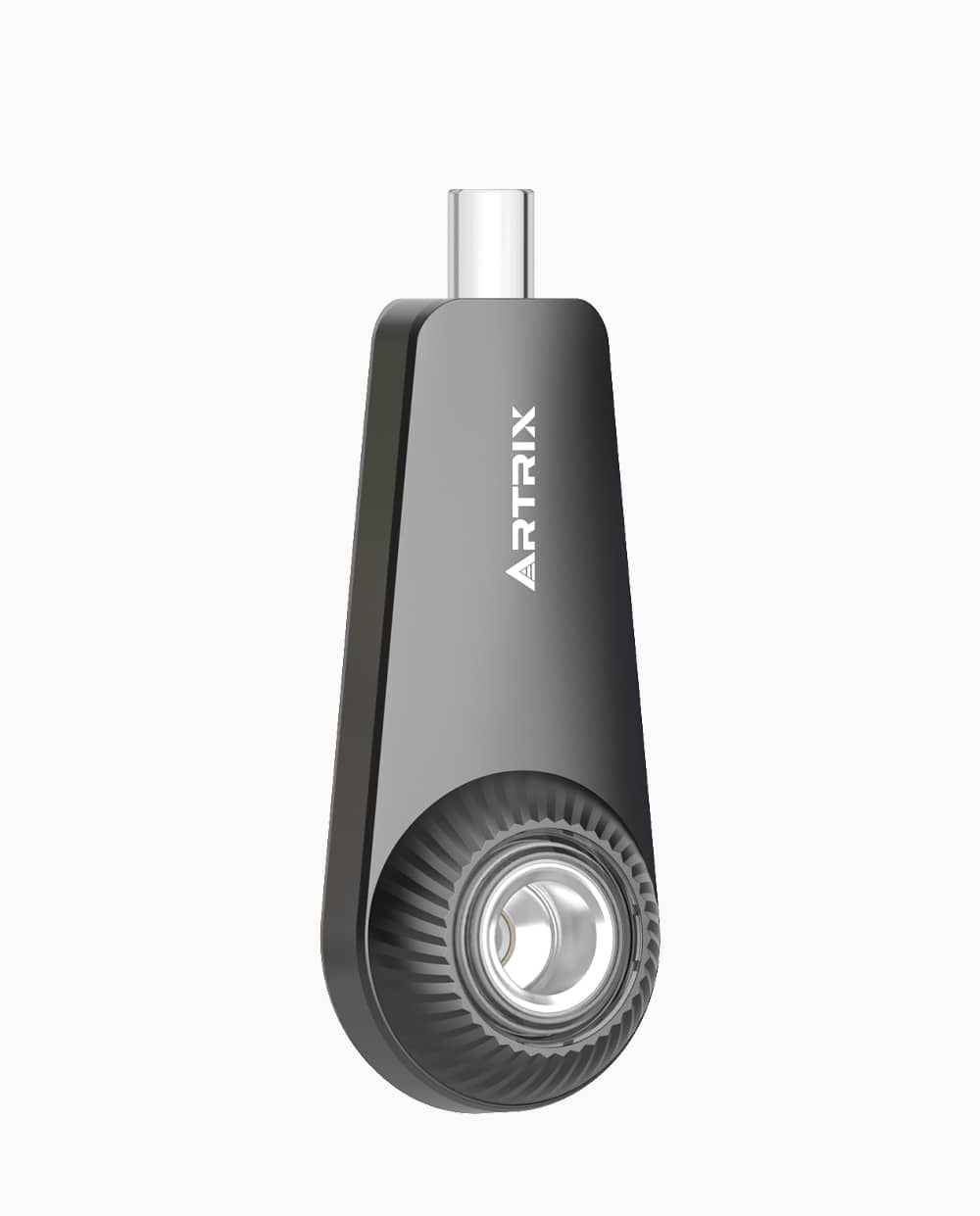
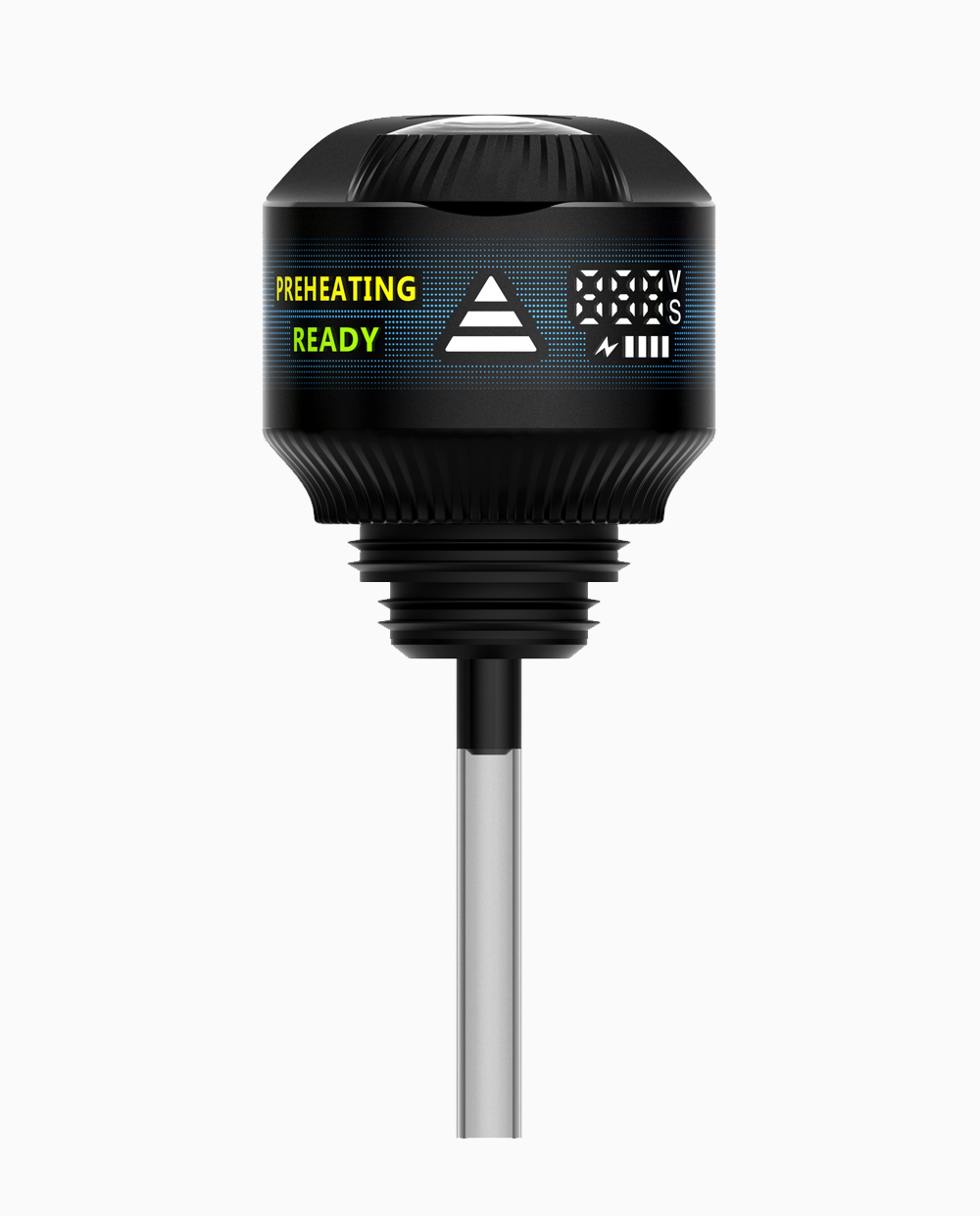
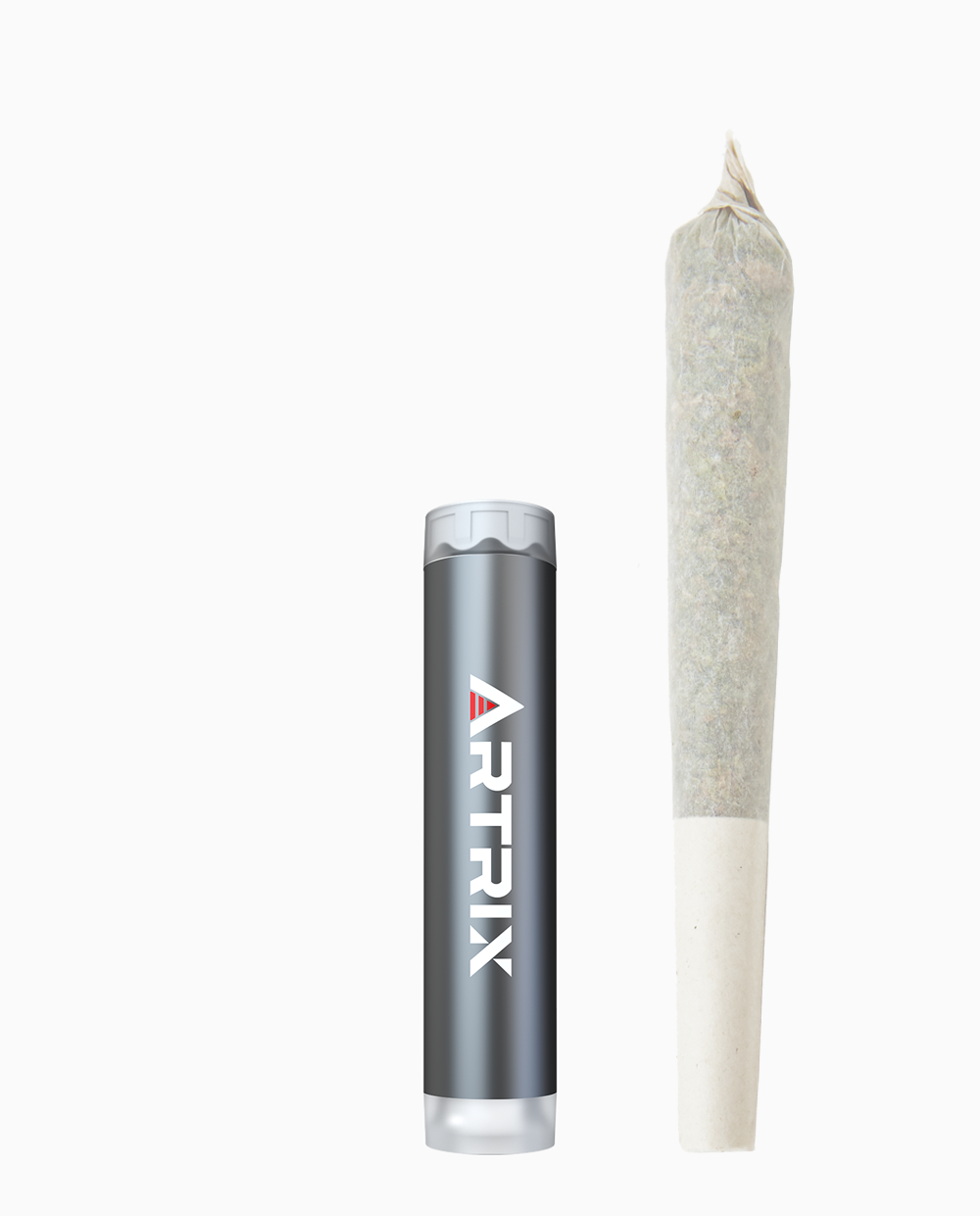
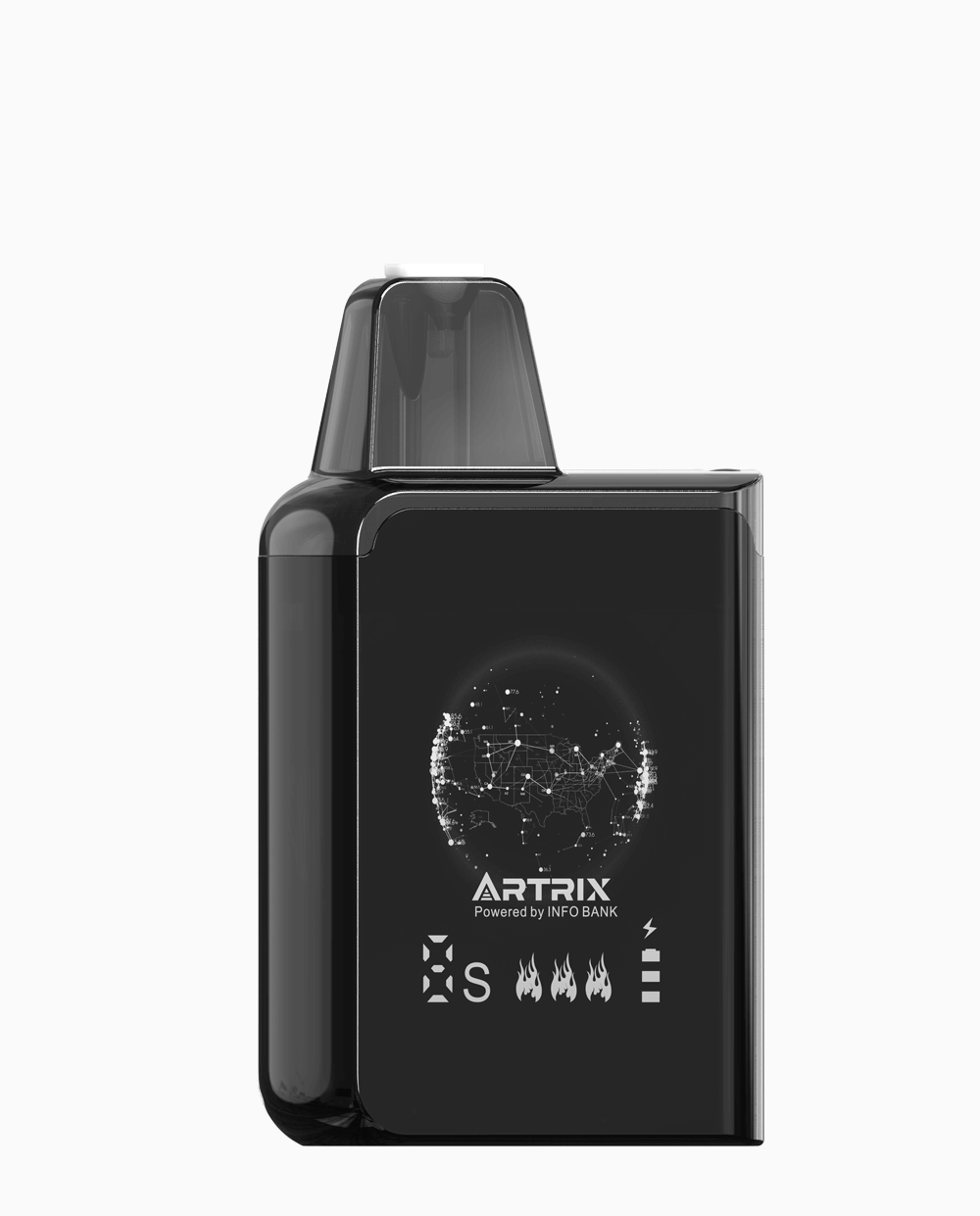
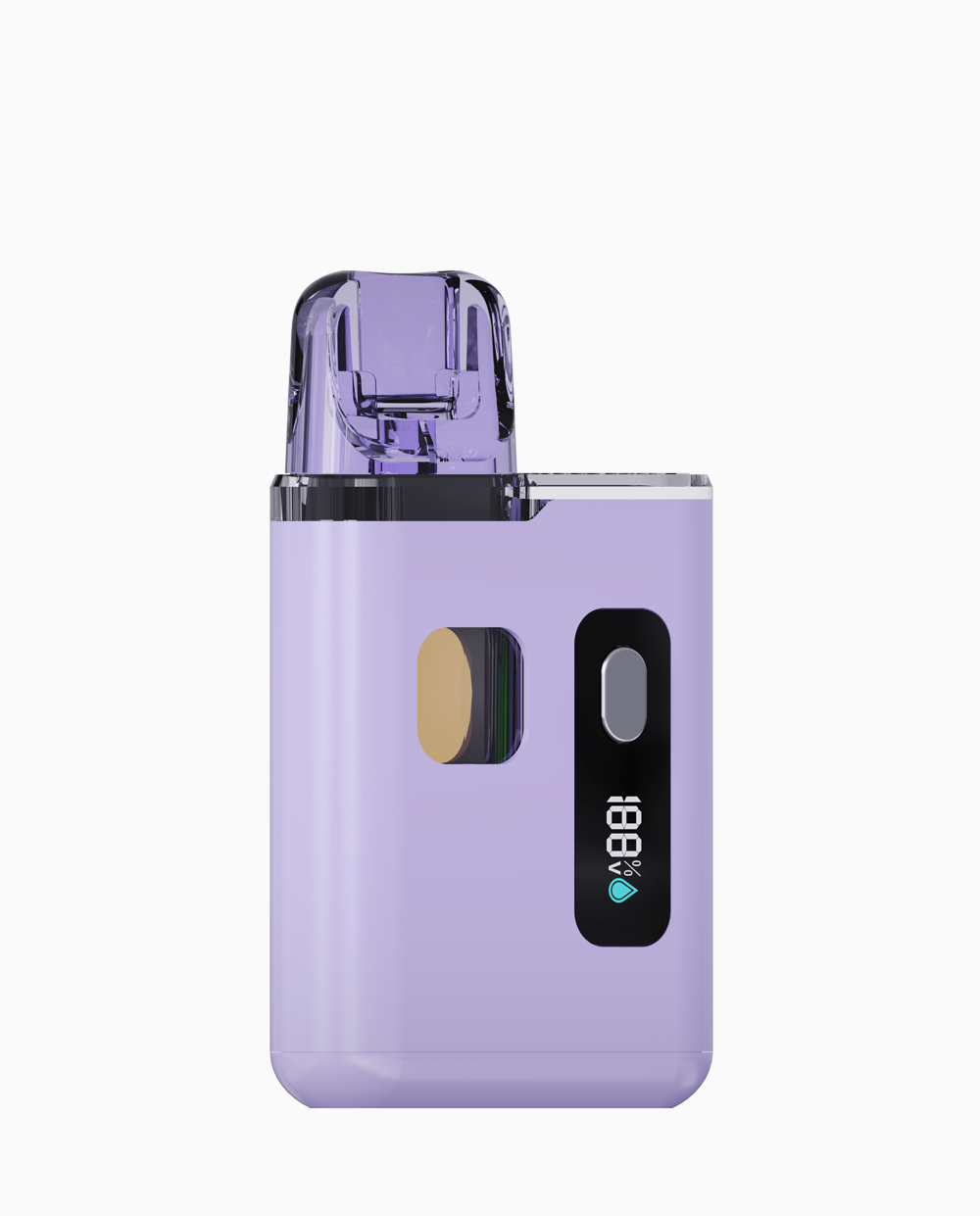
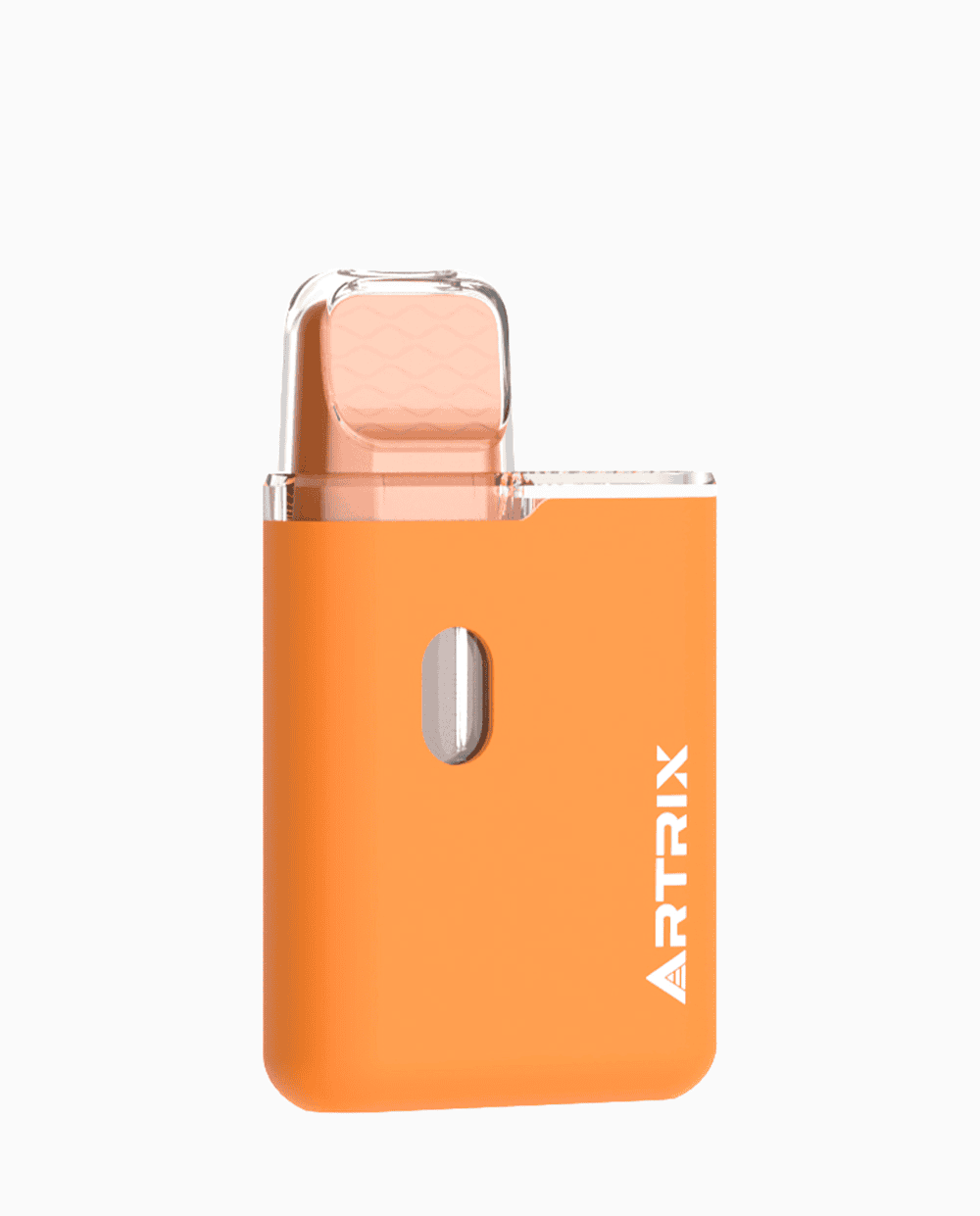
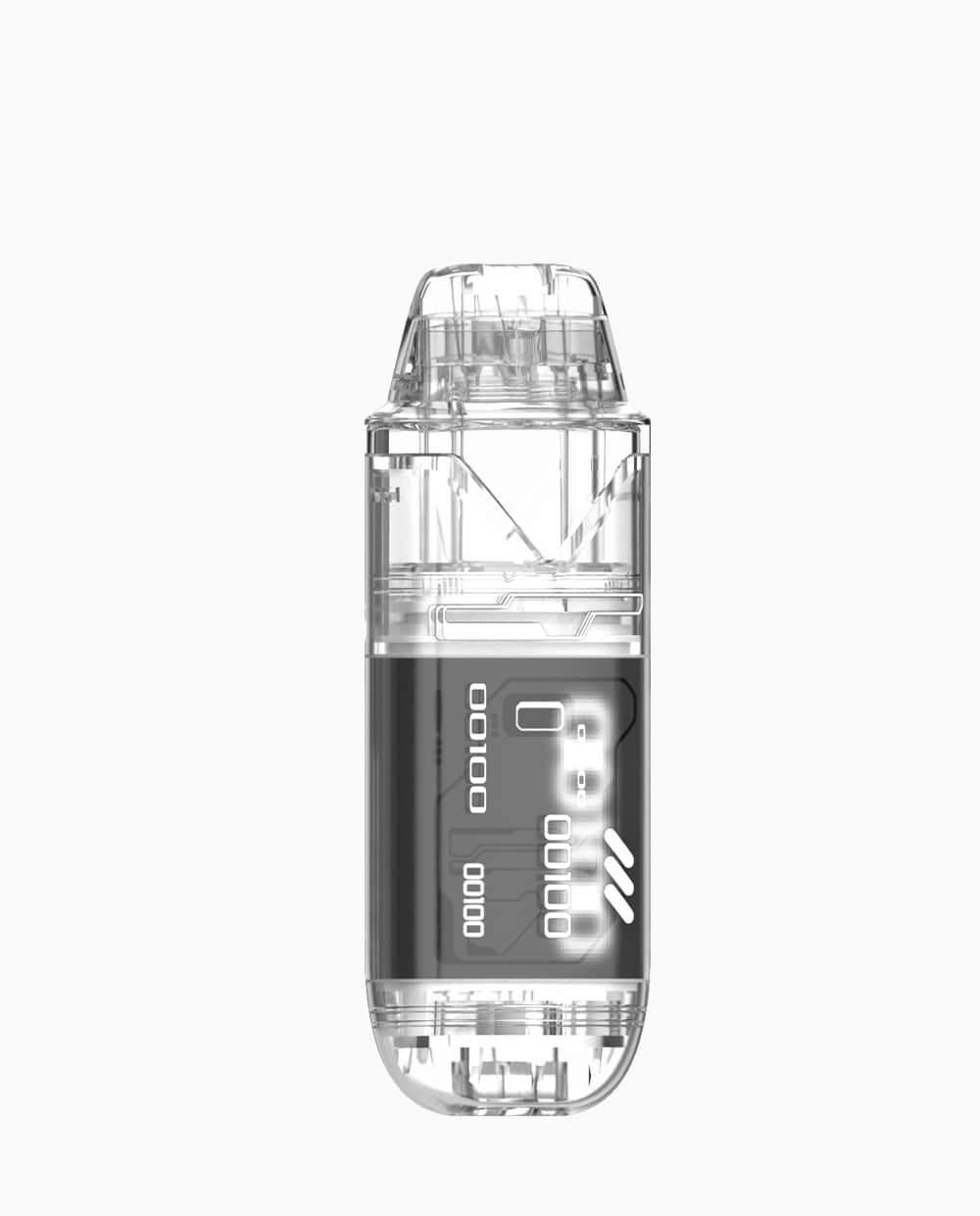
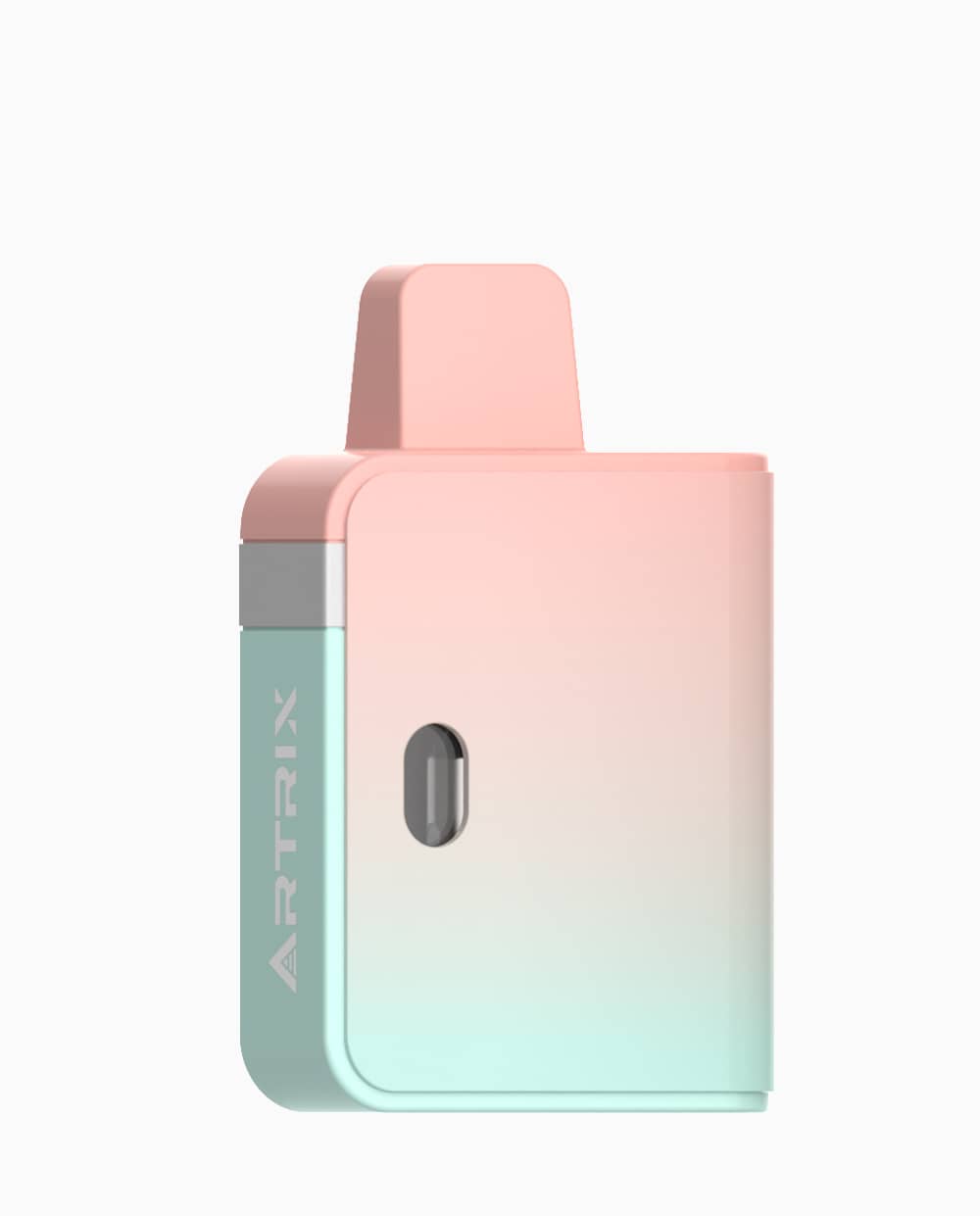
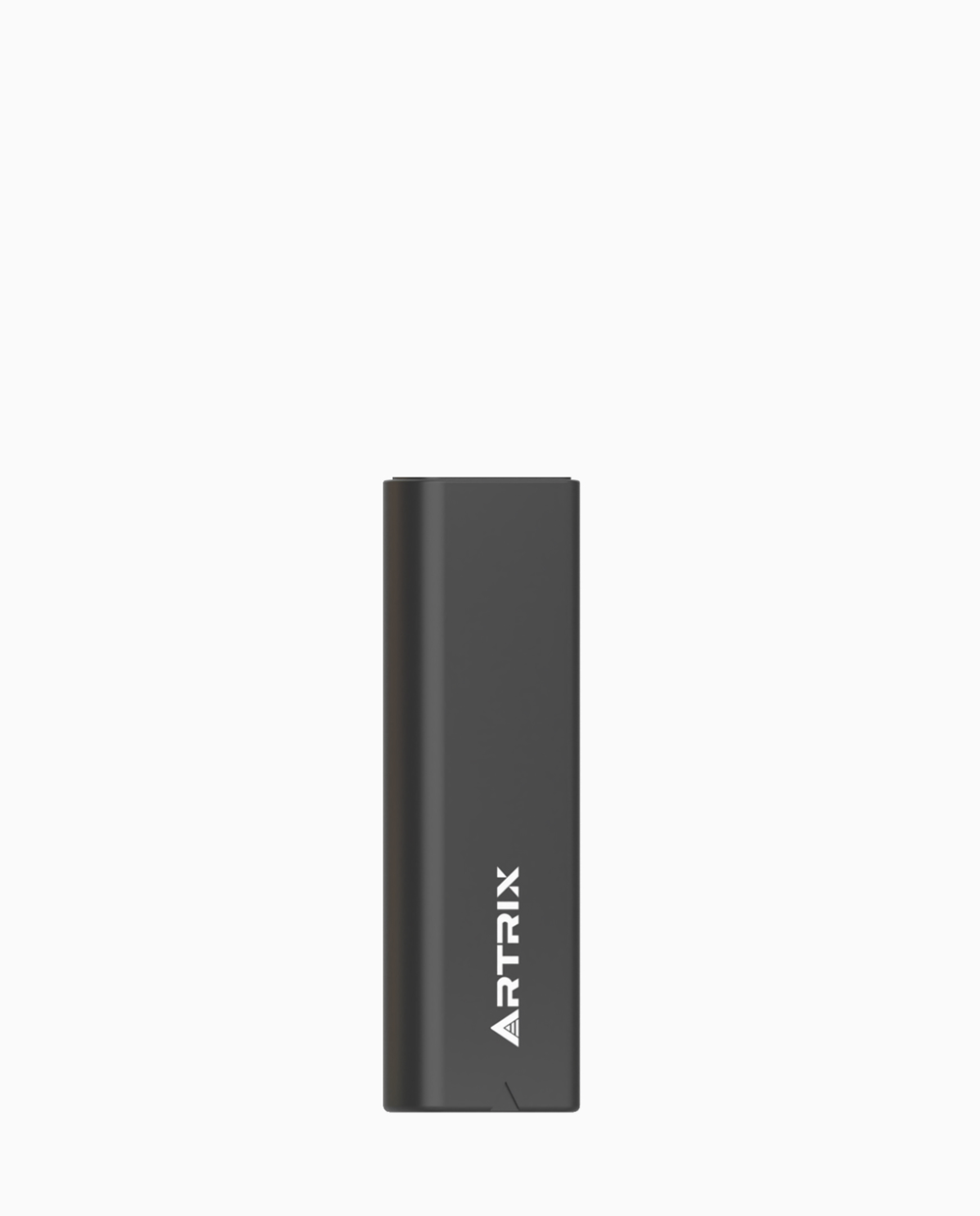

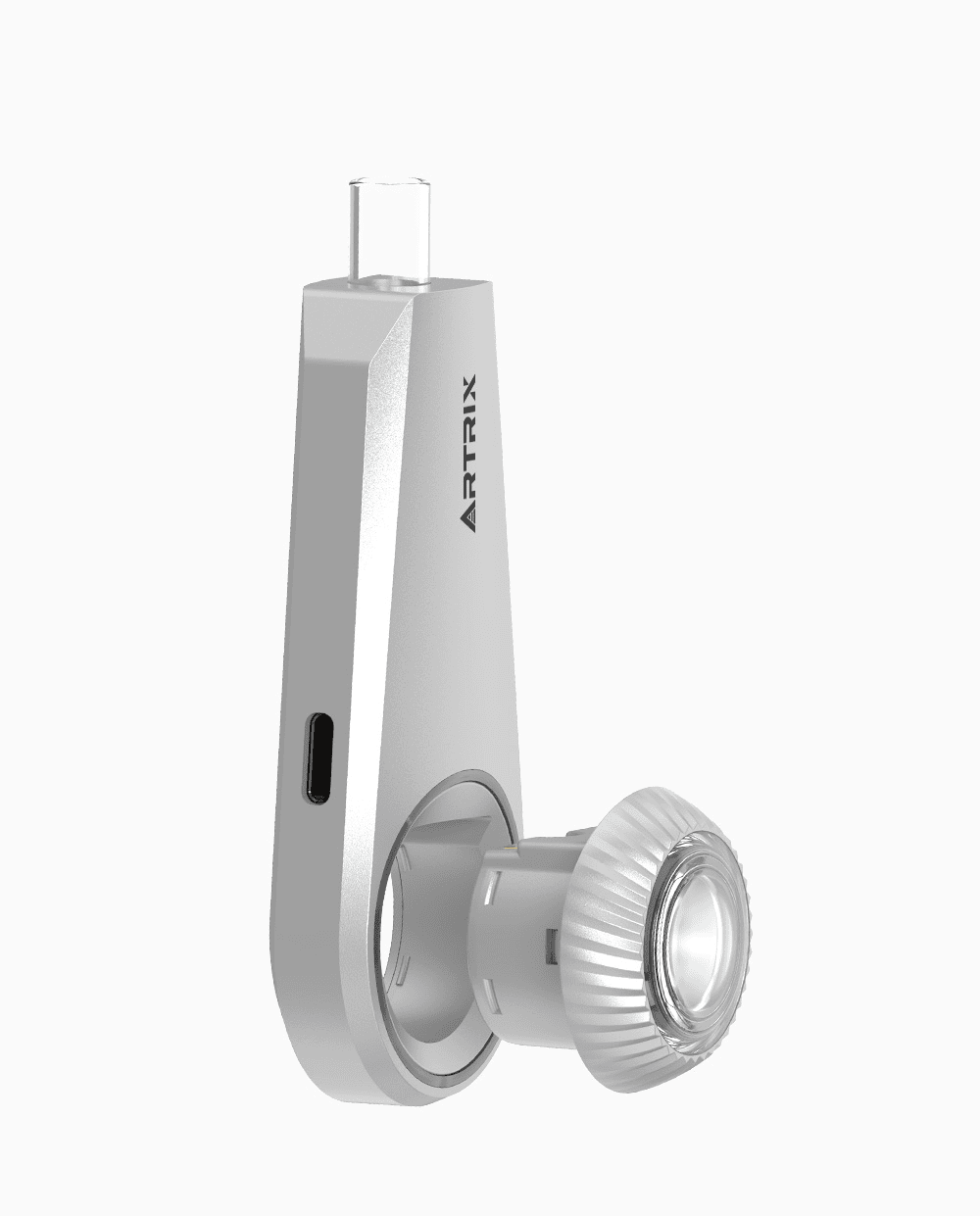
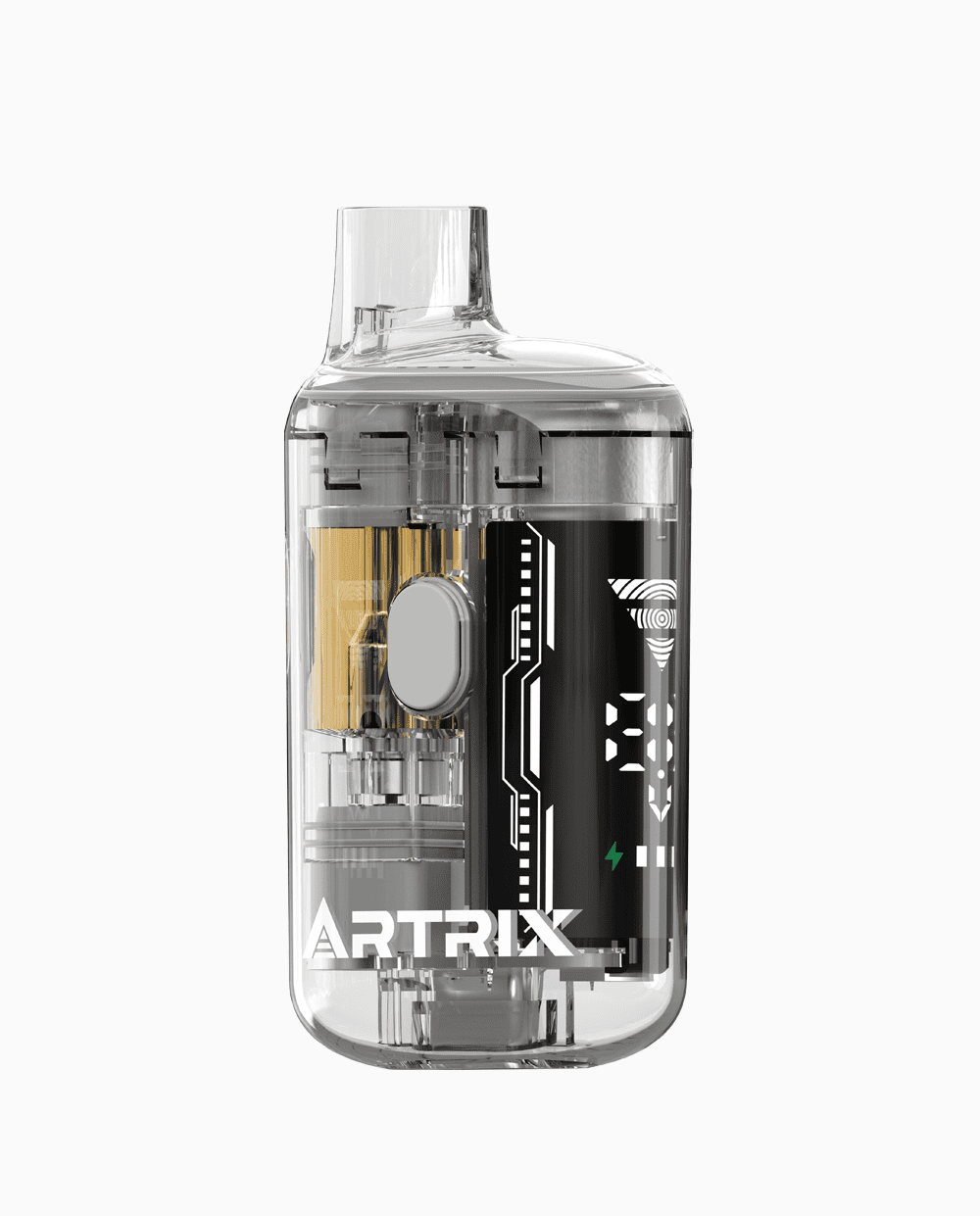
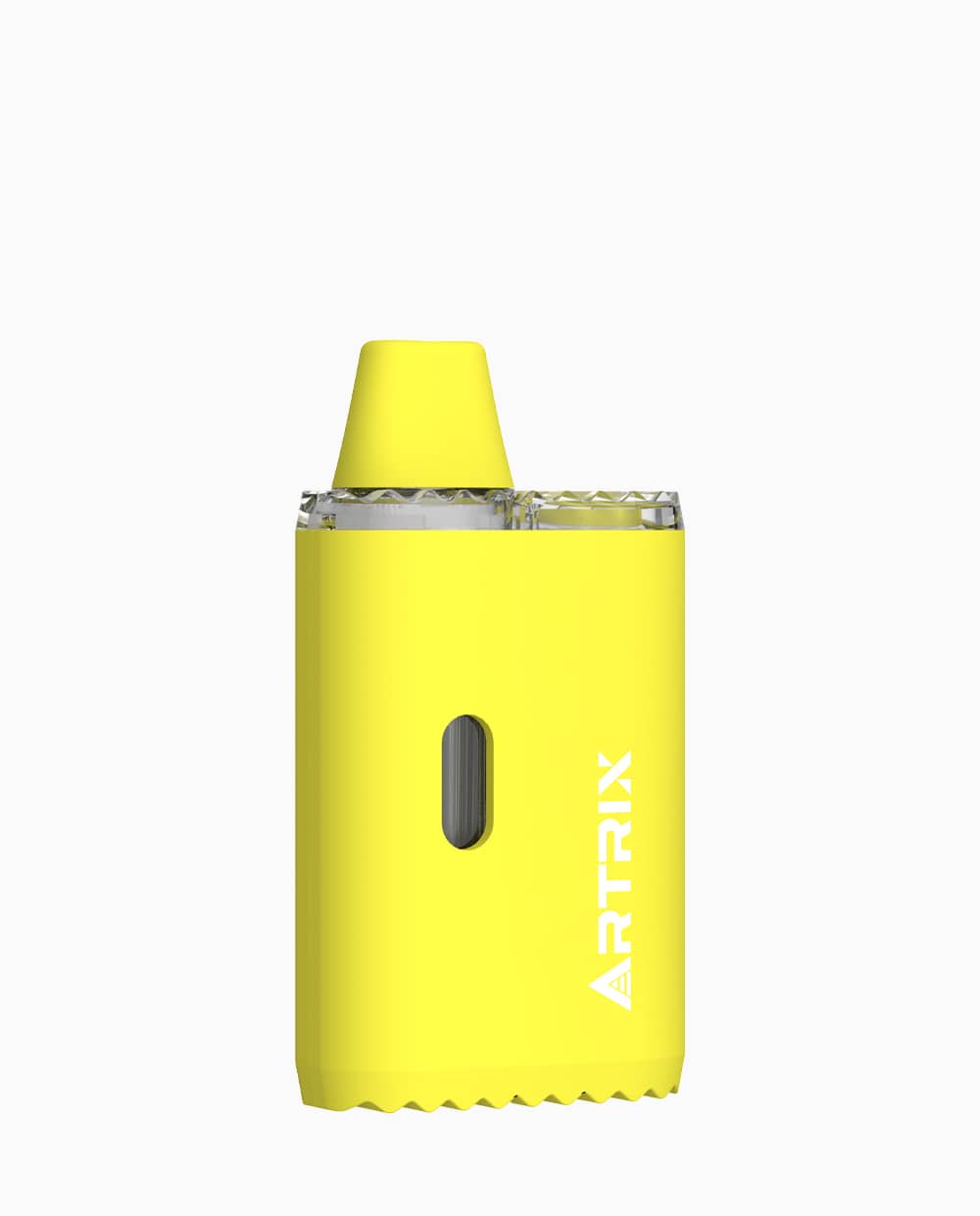
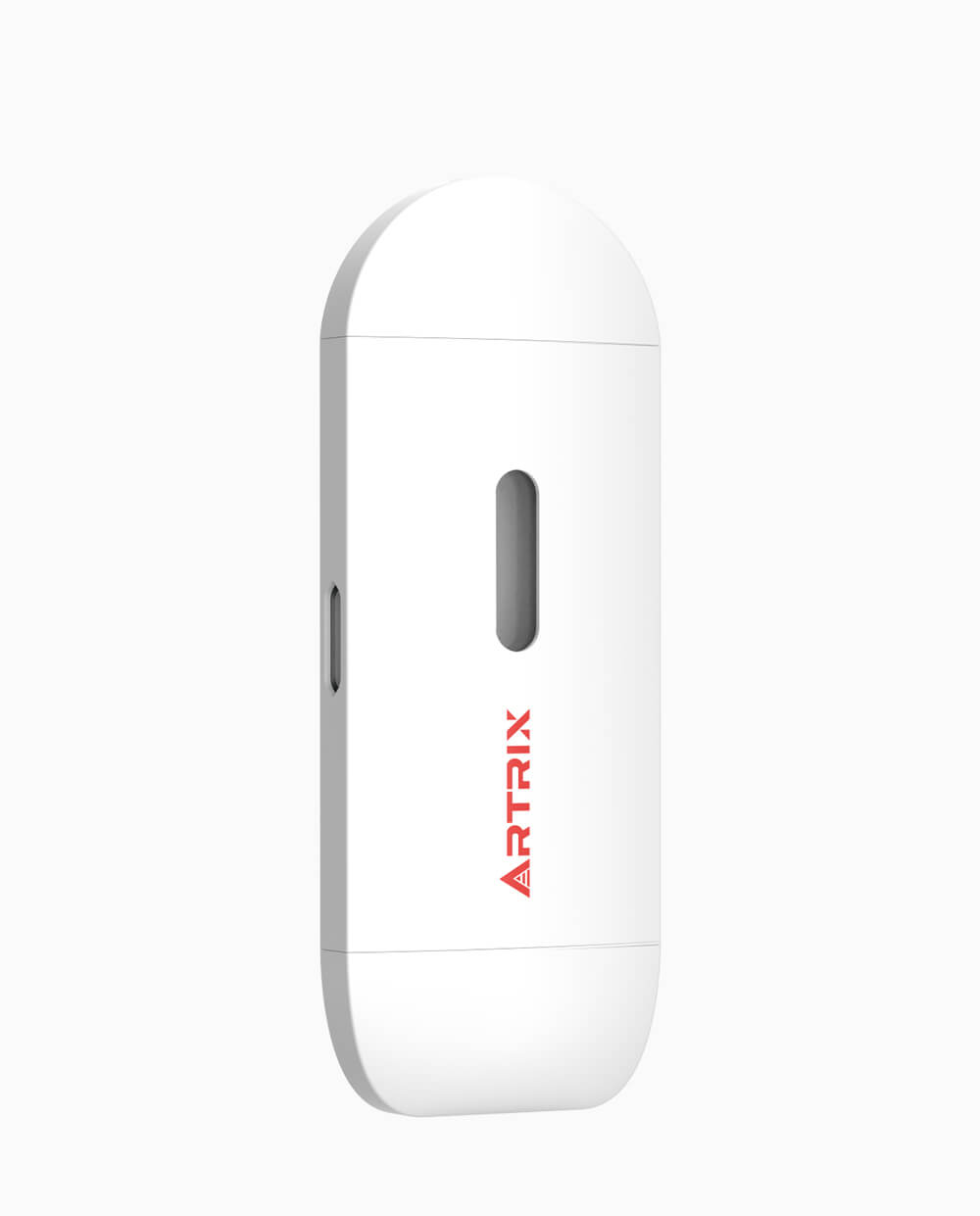
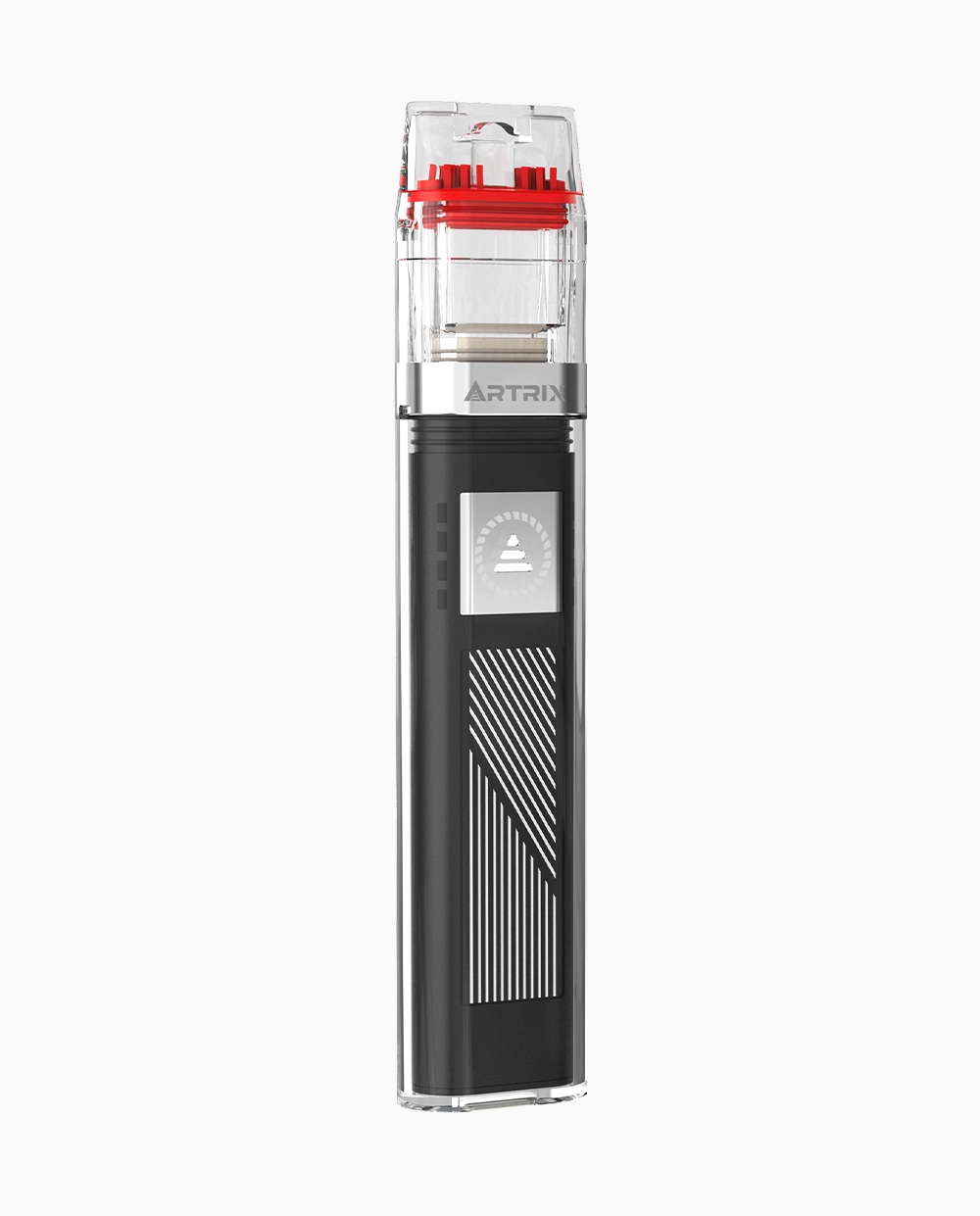
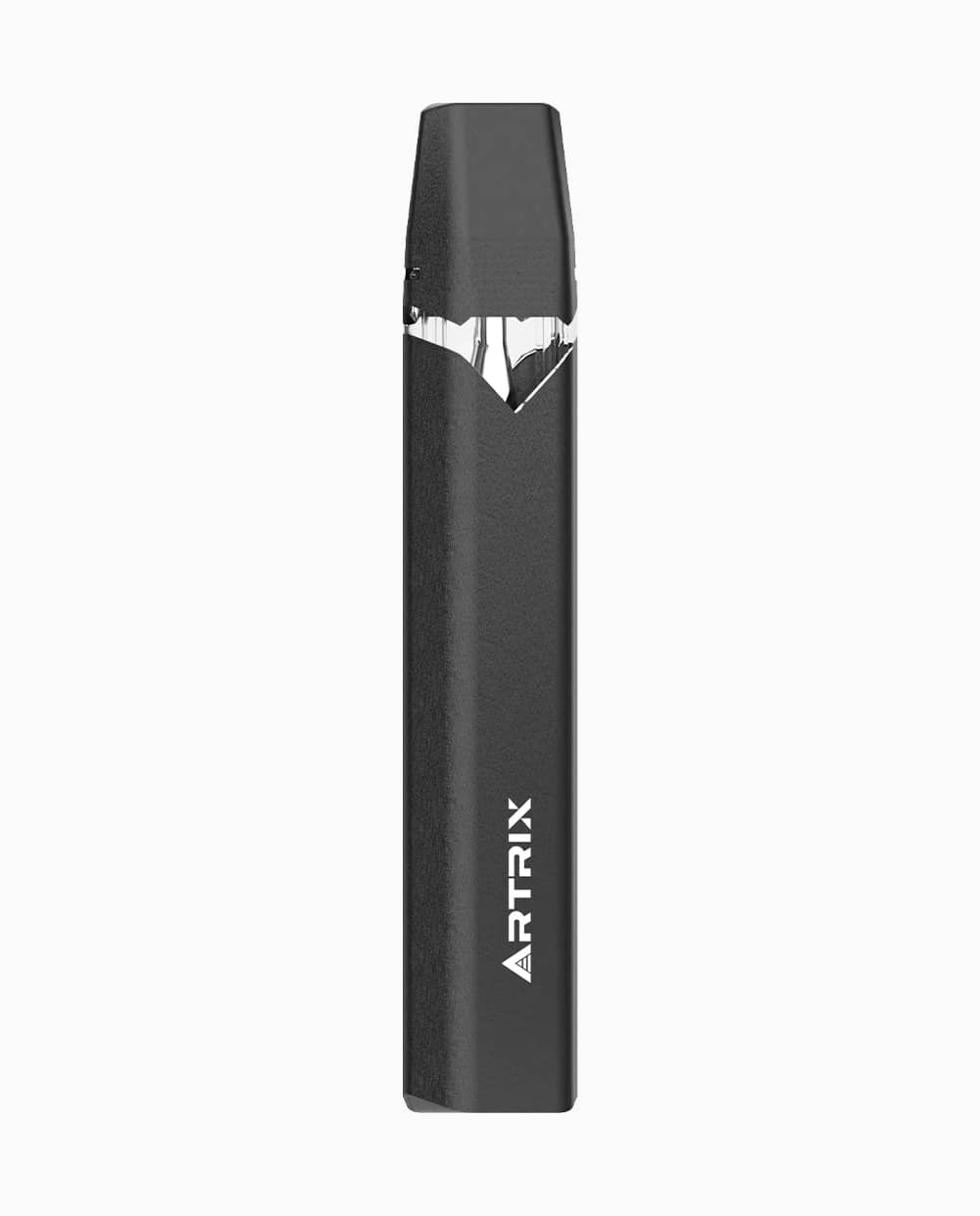

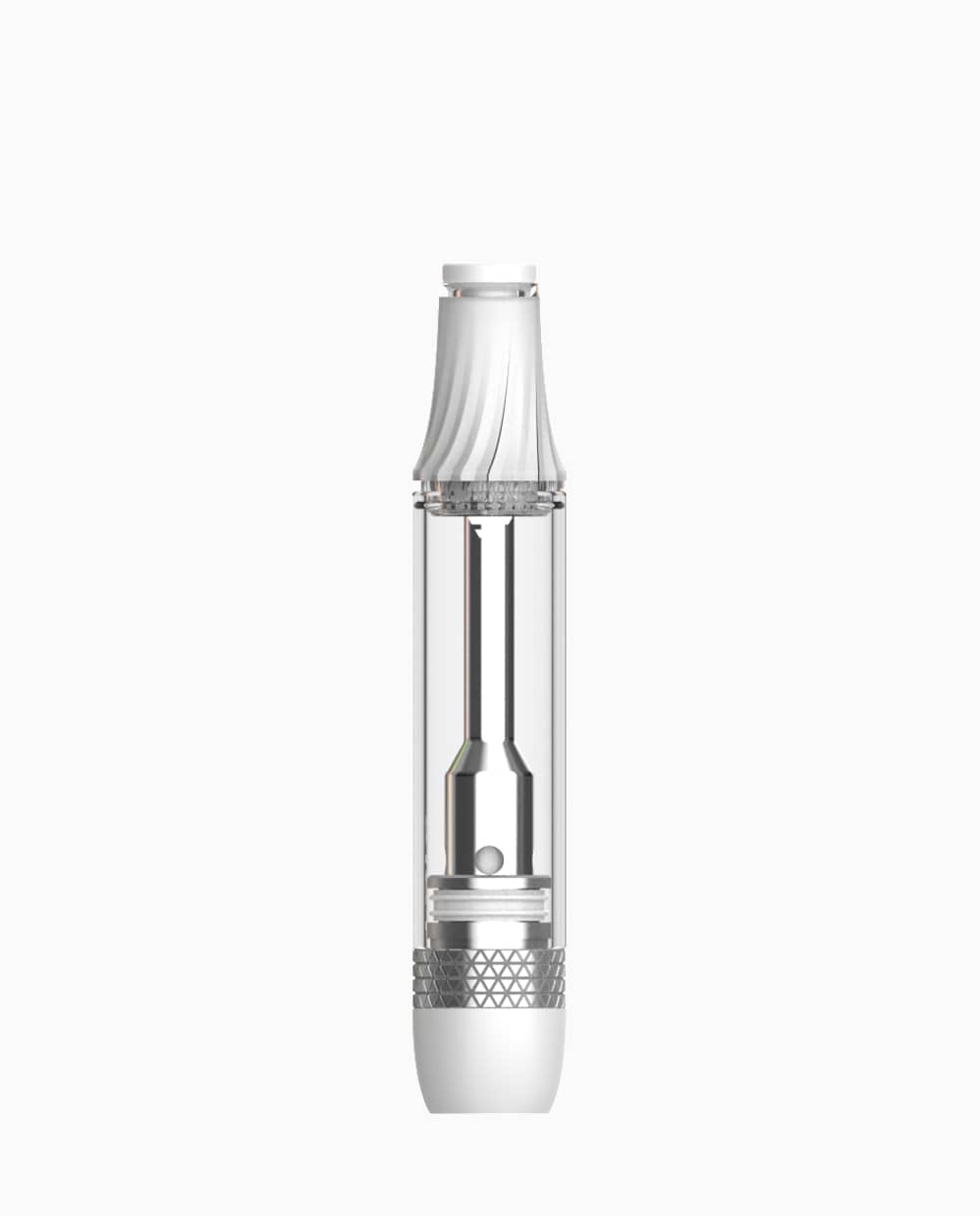

-1.webp)
-1.webp)
-2.webp)
